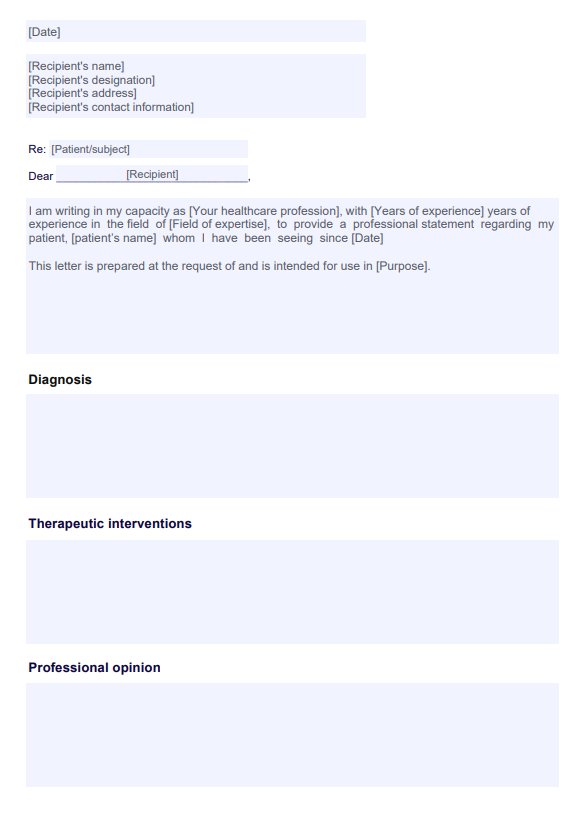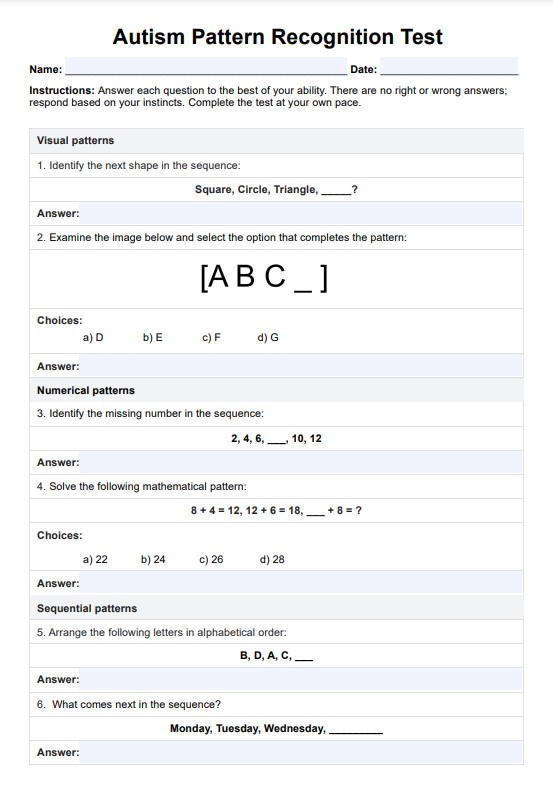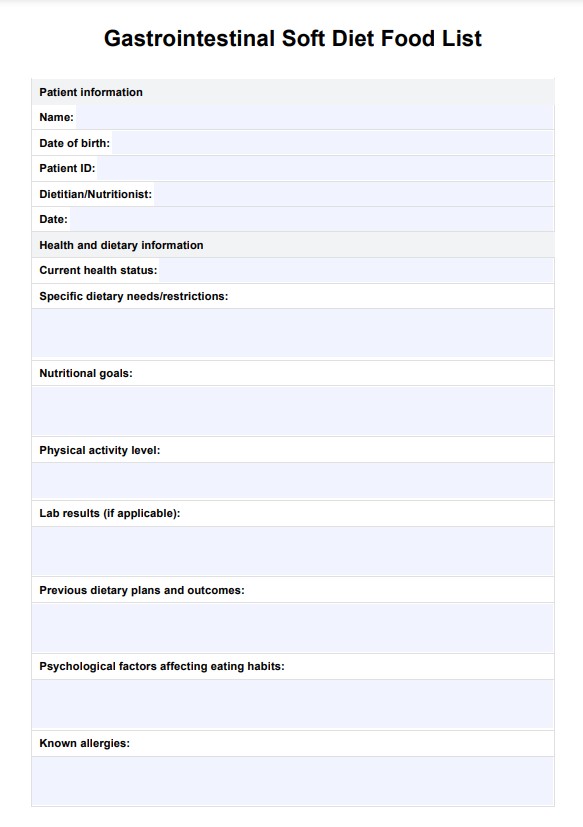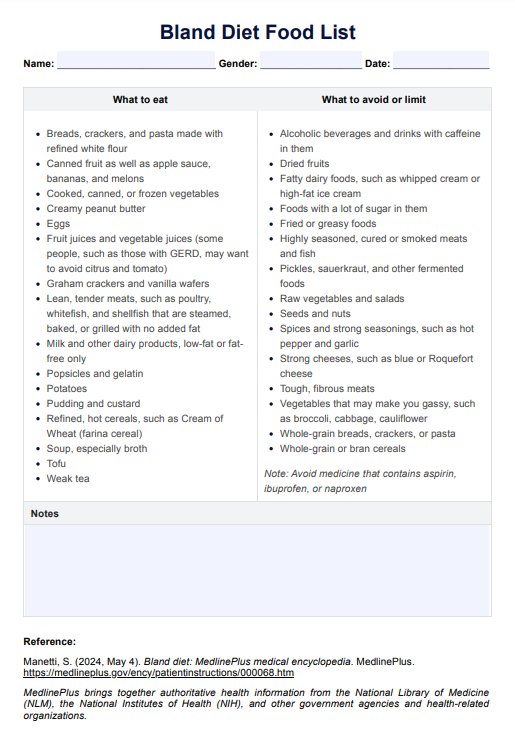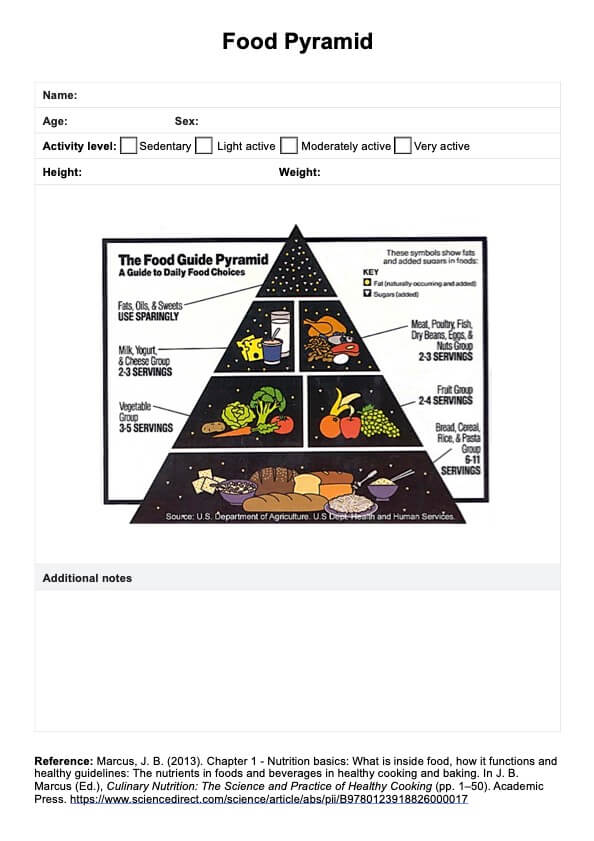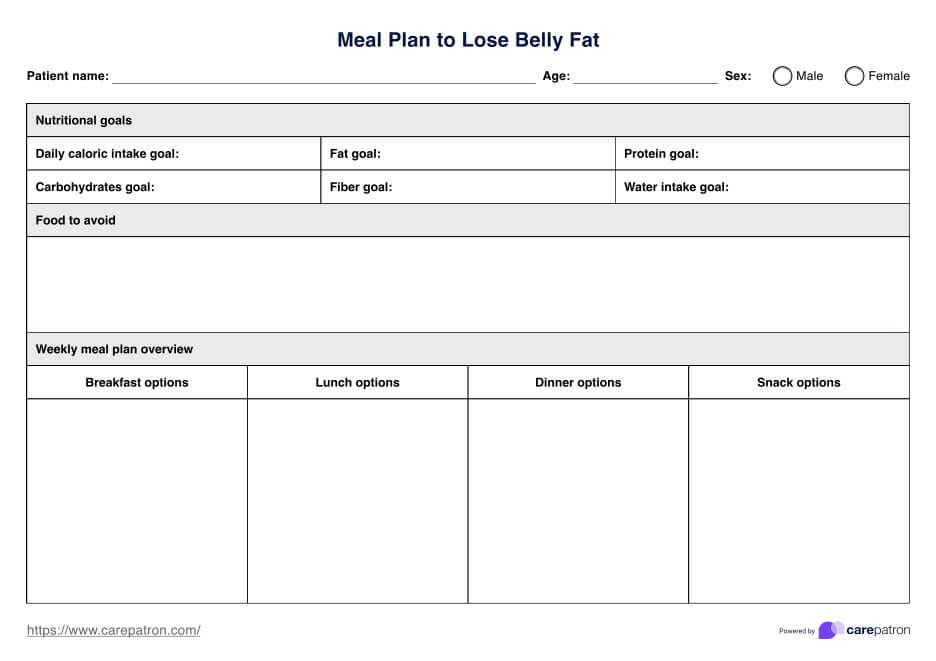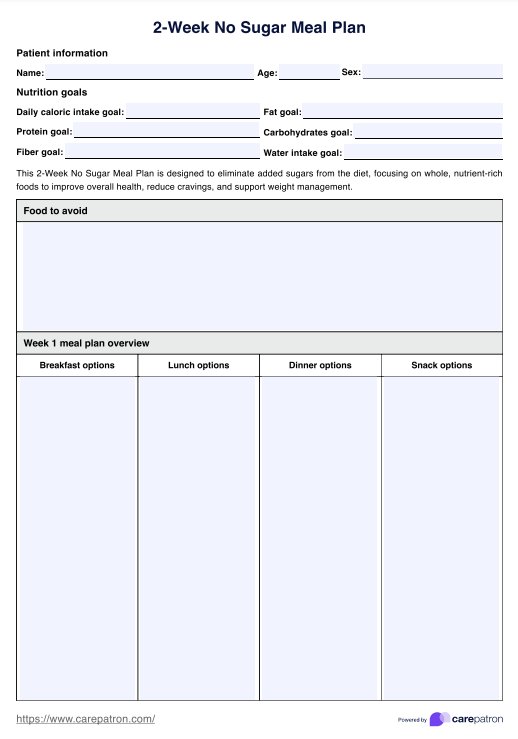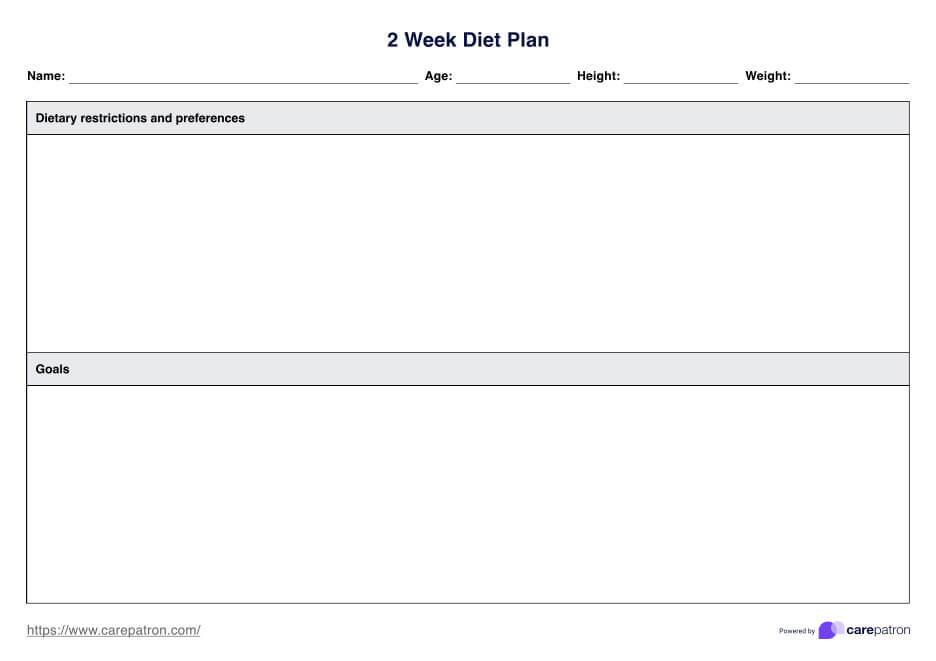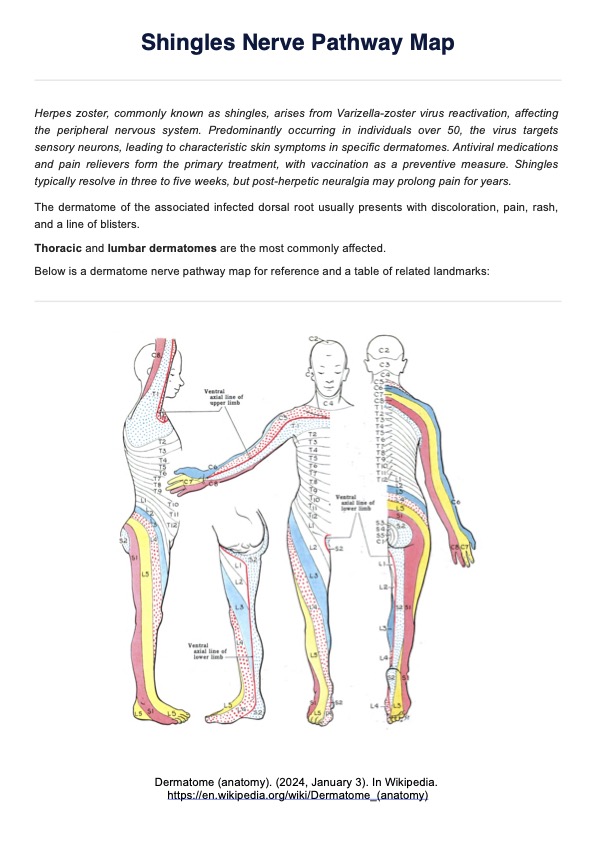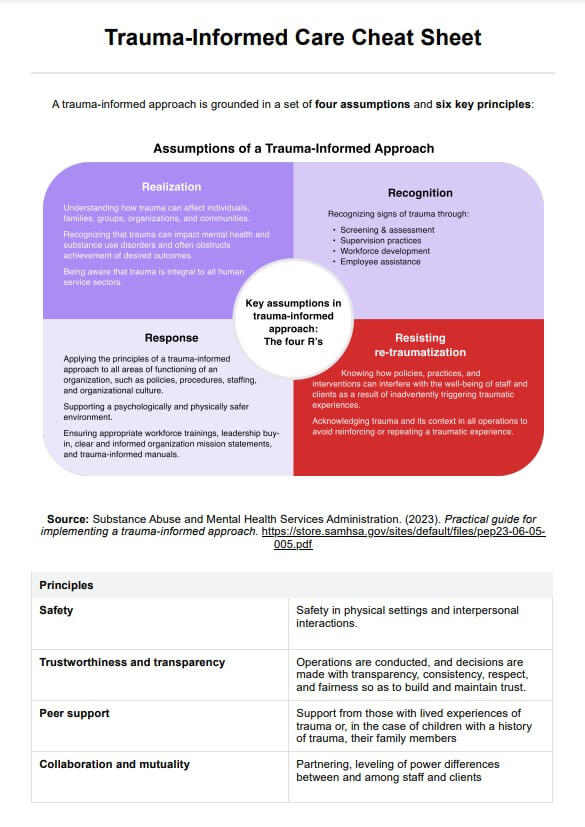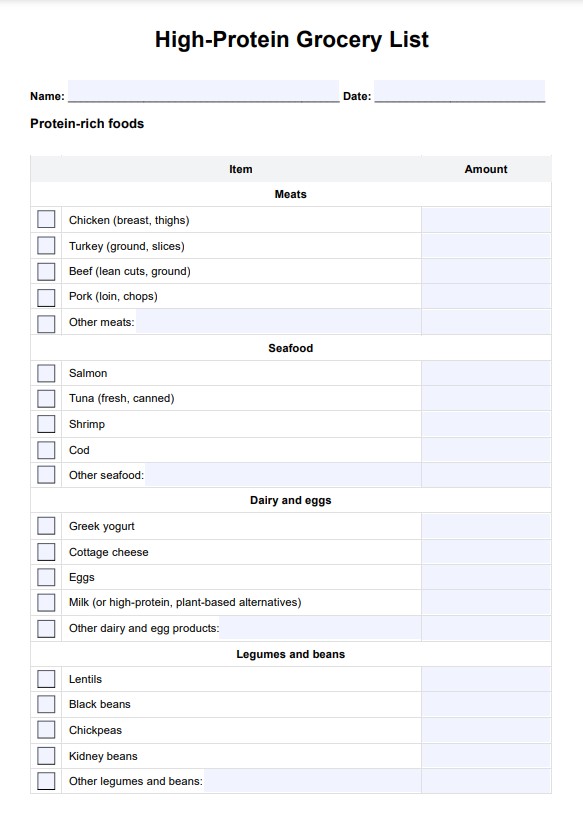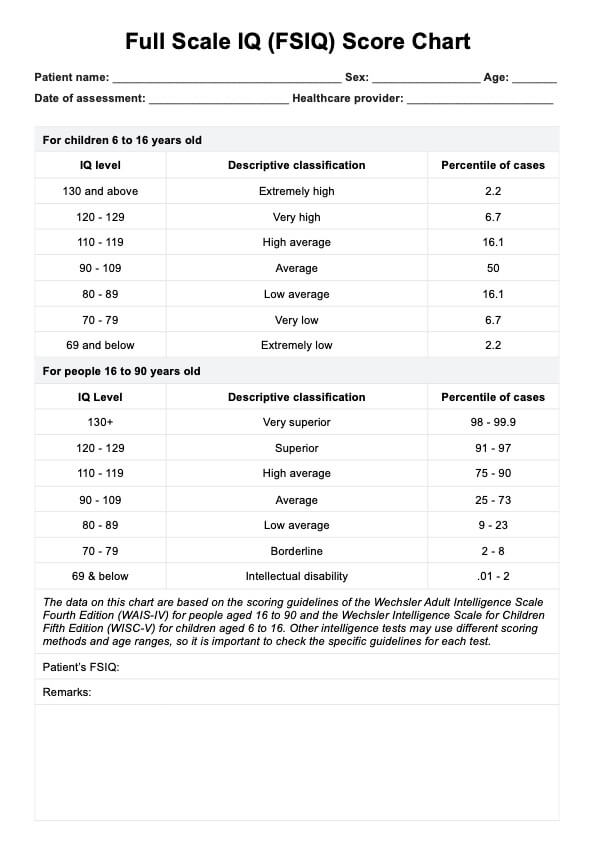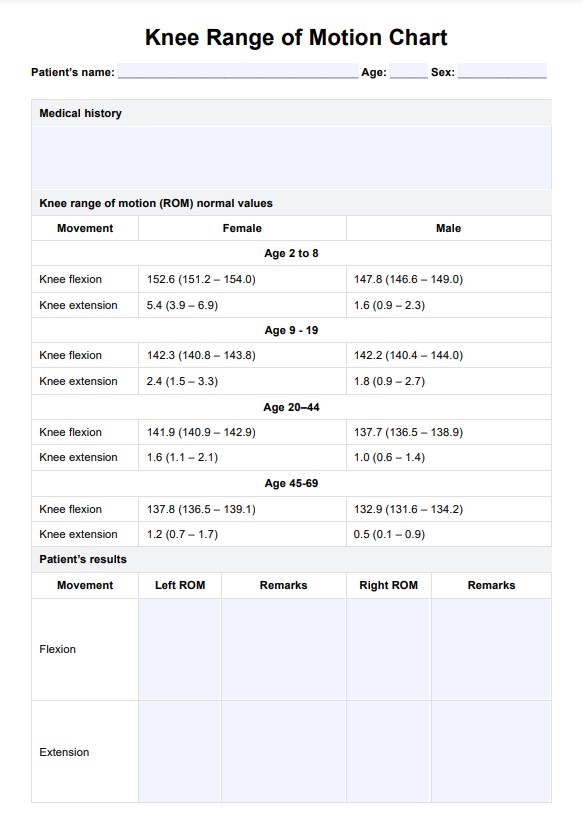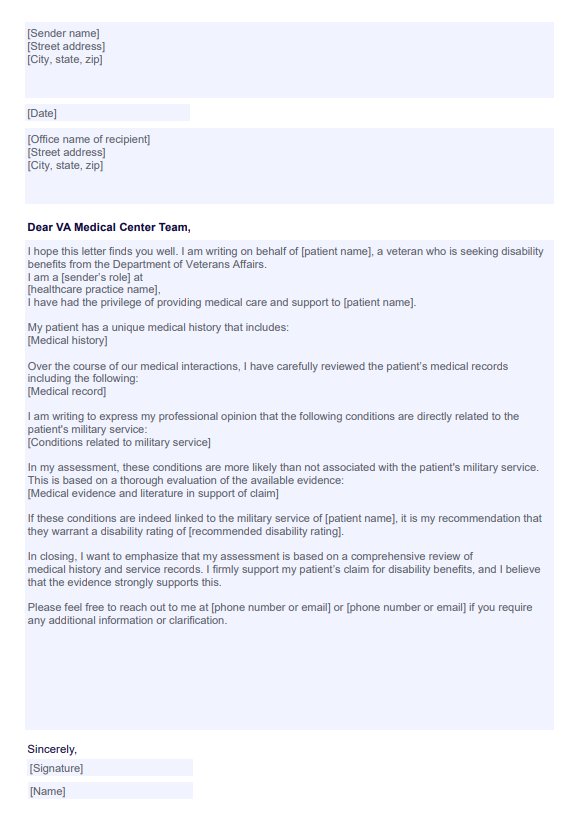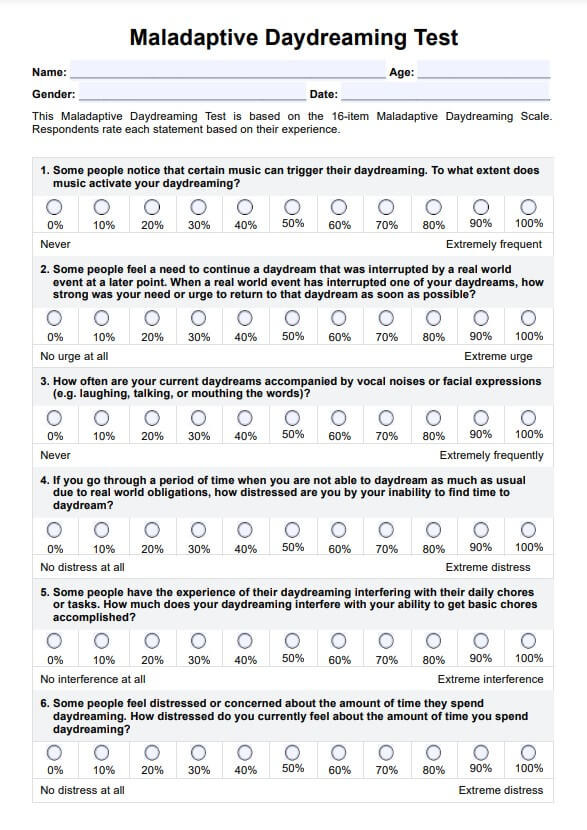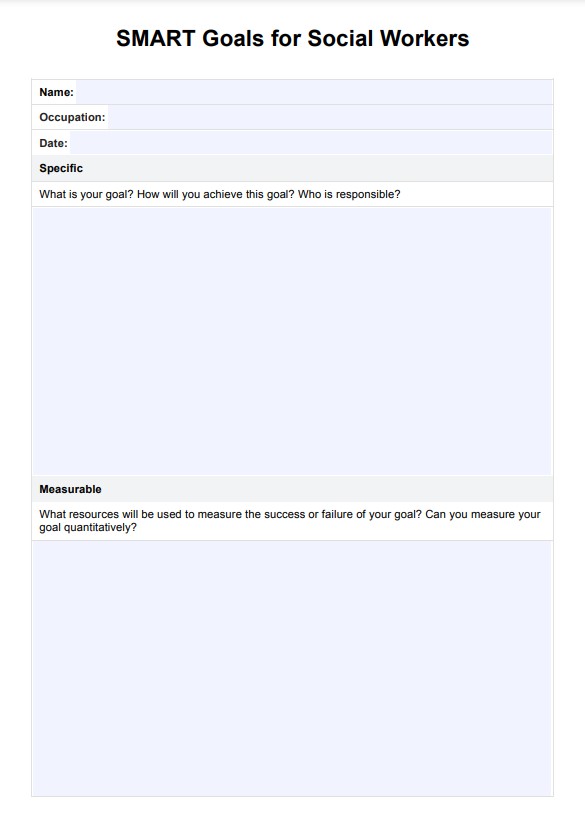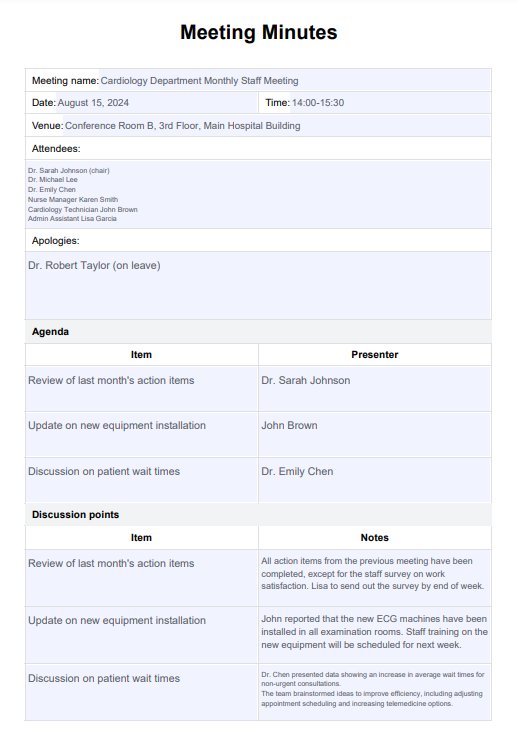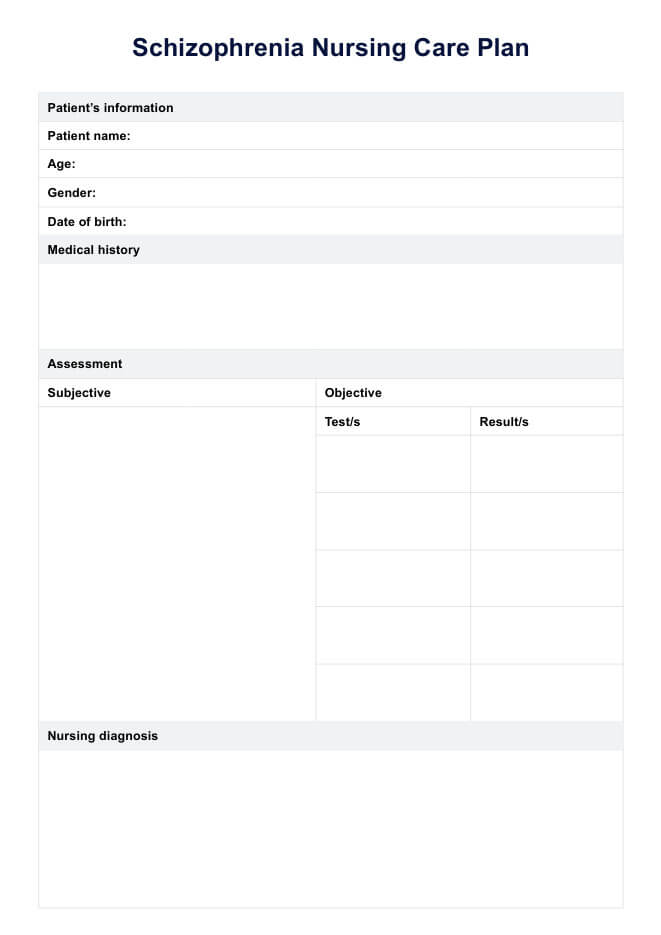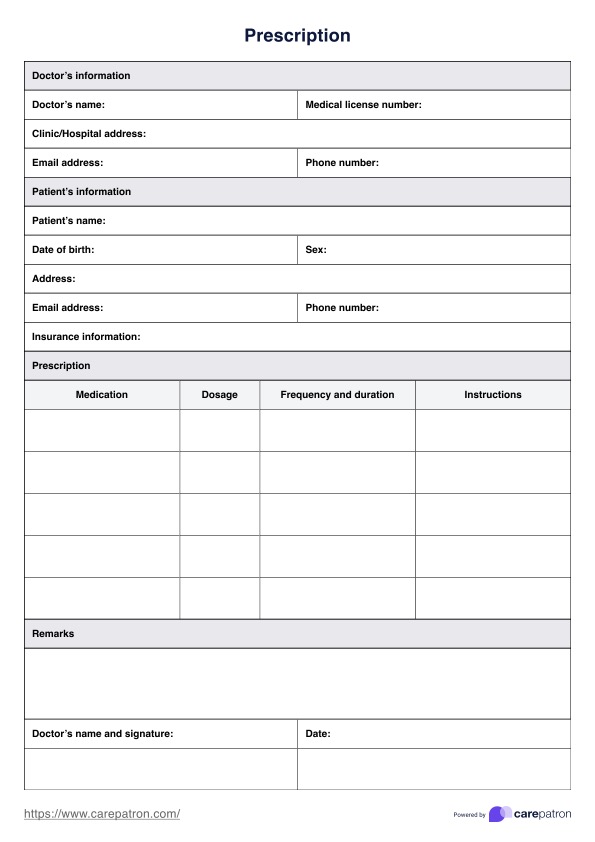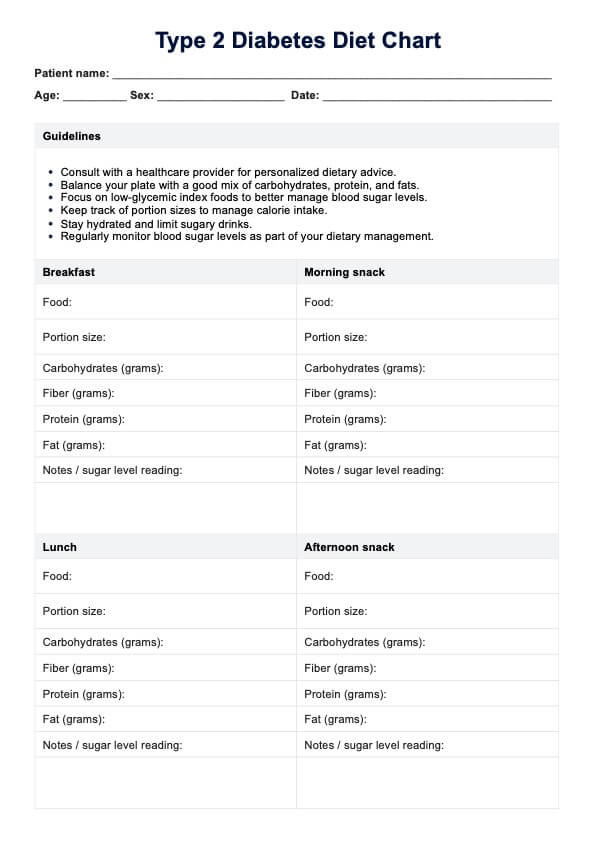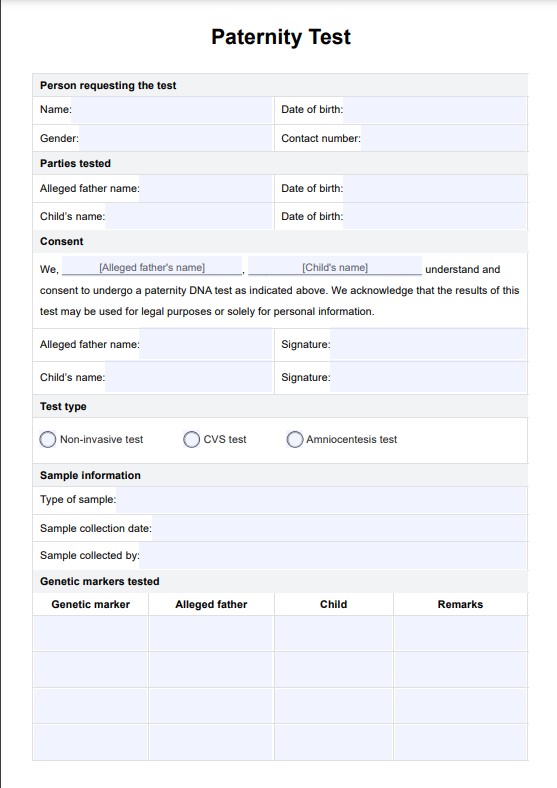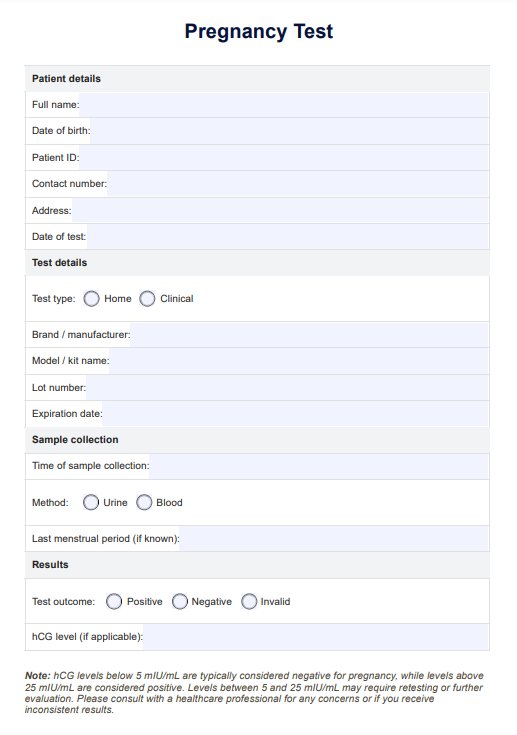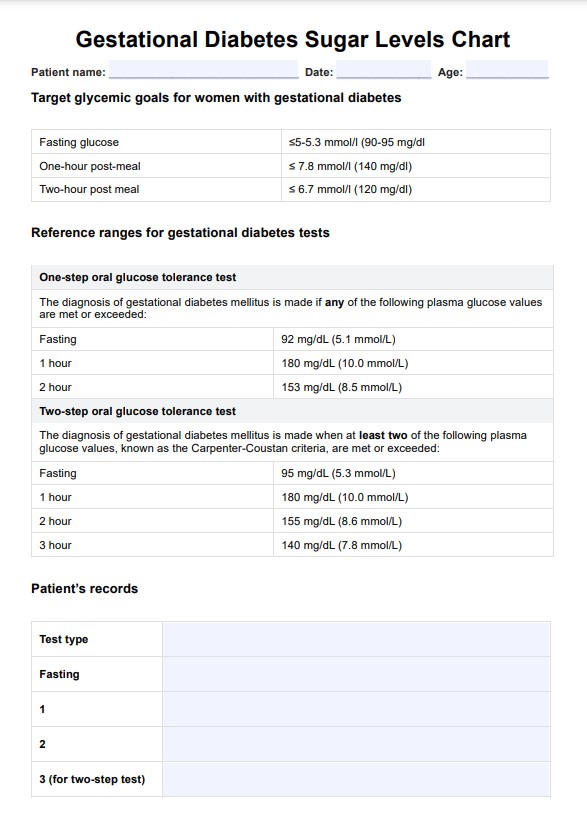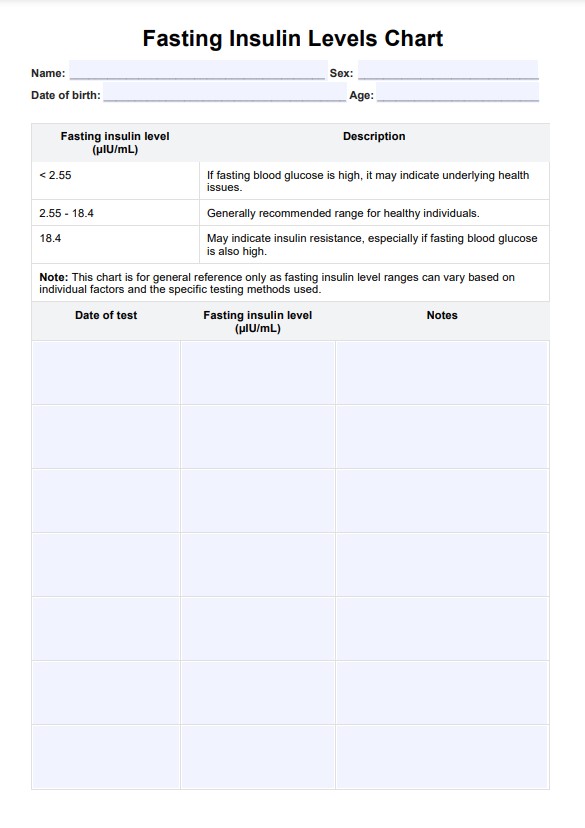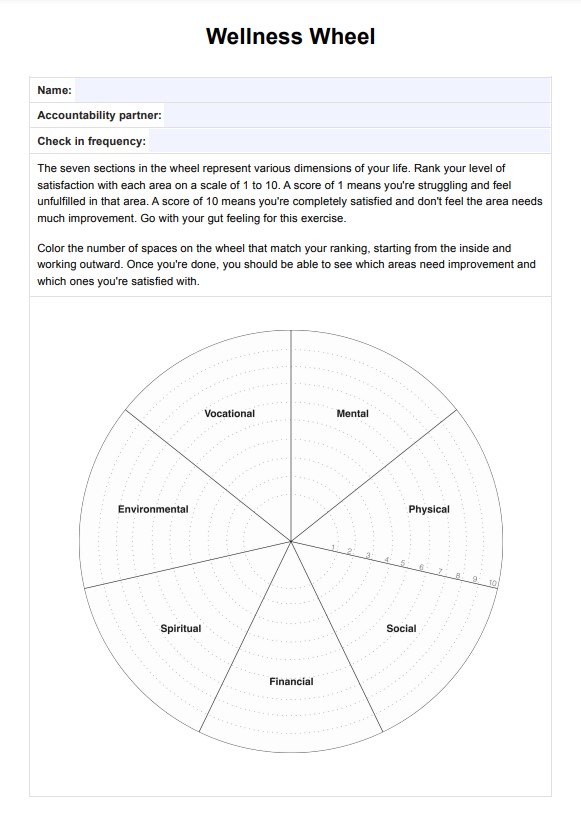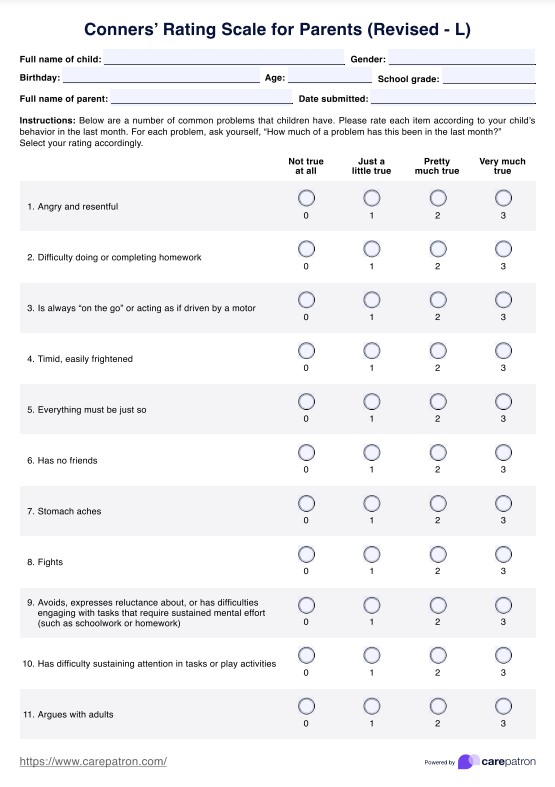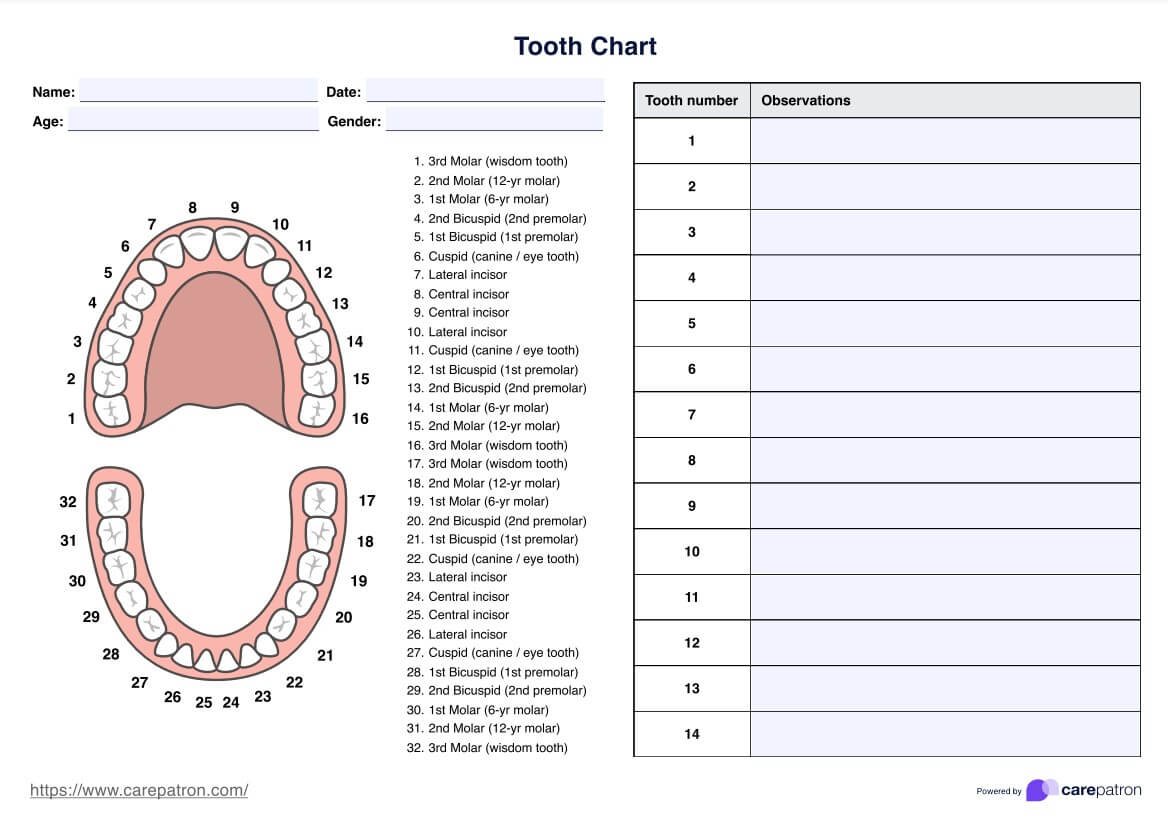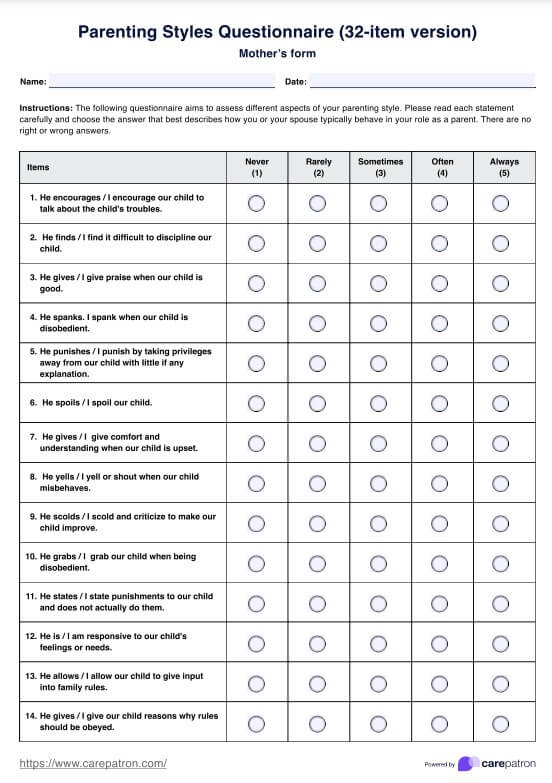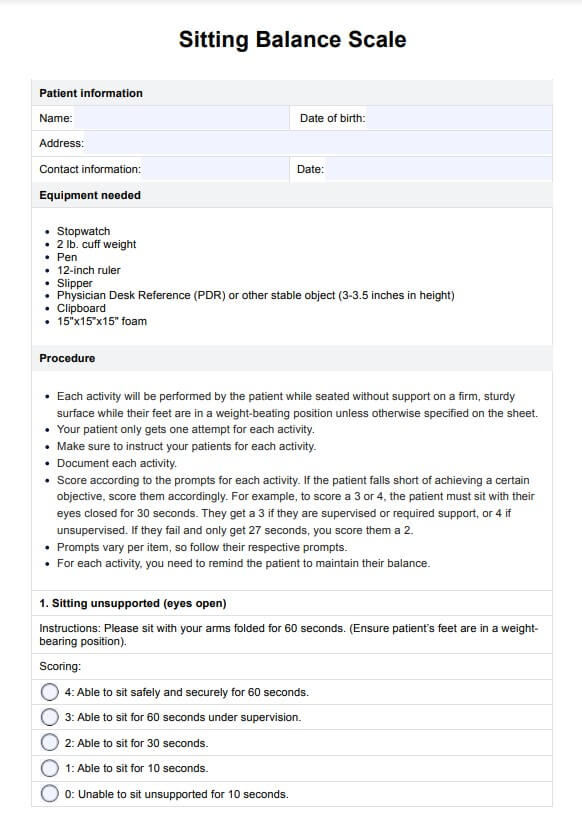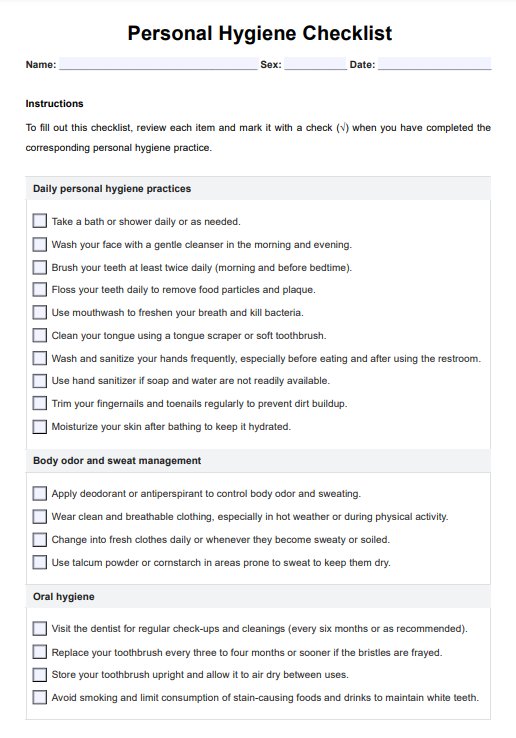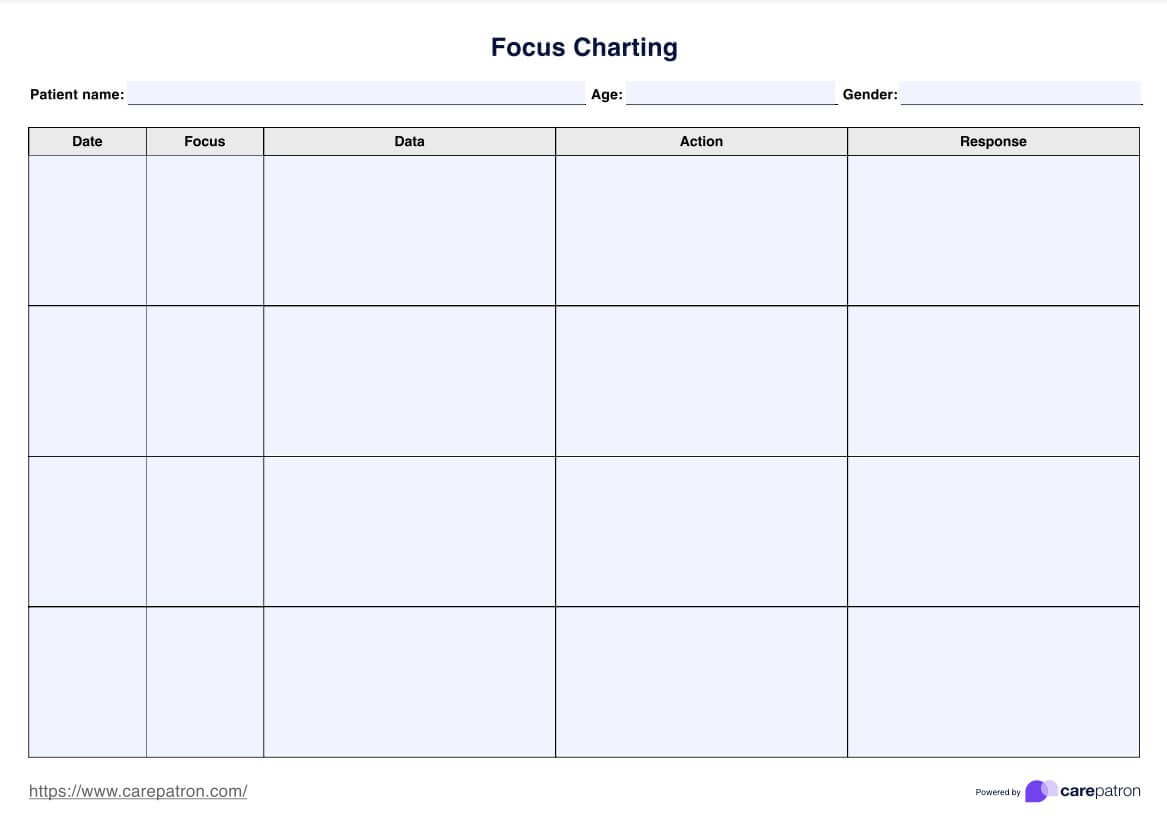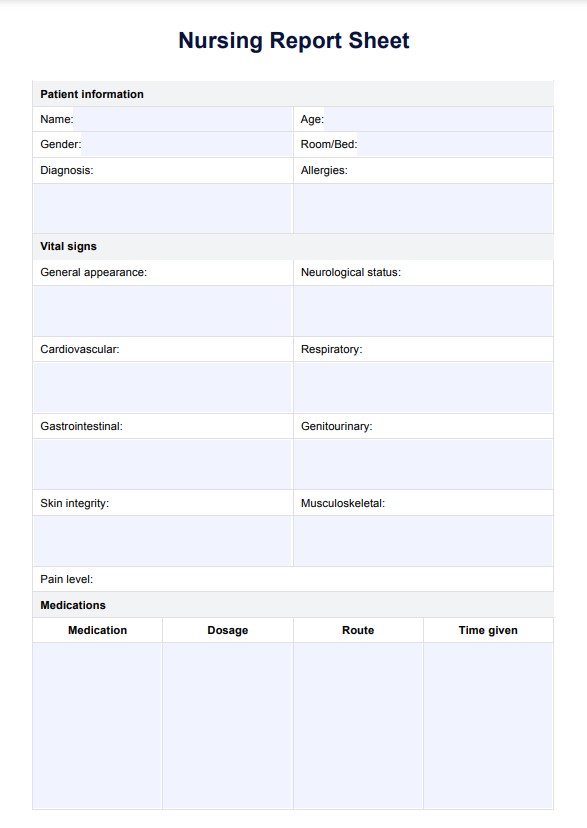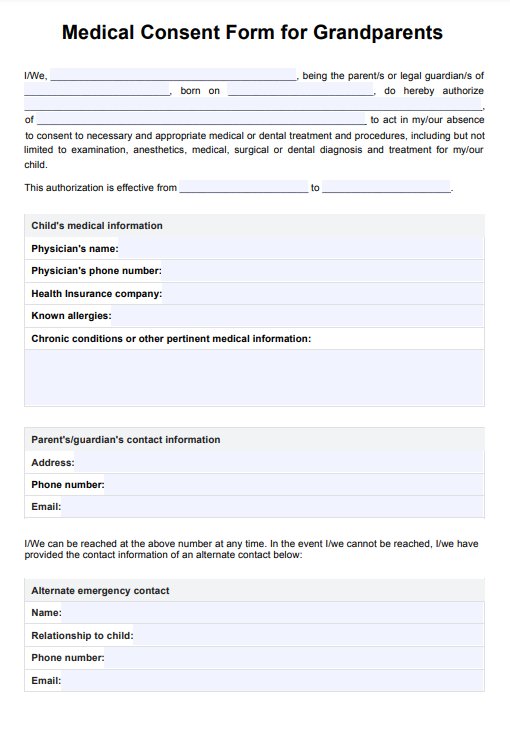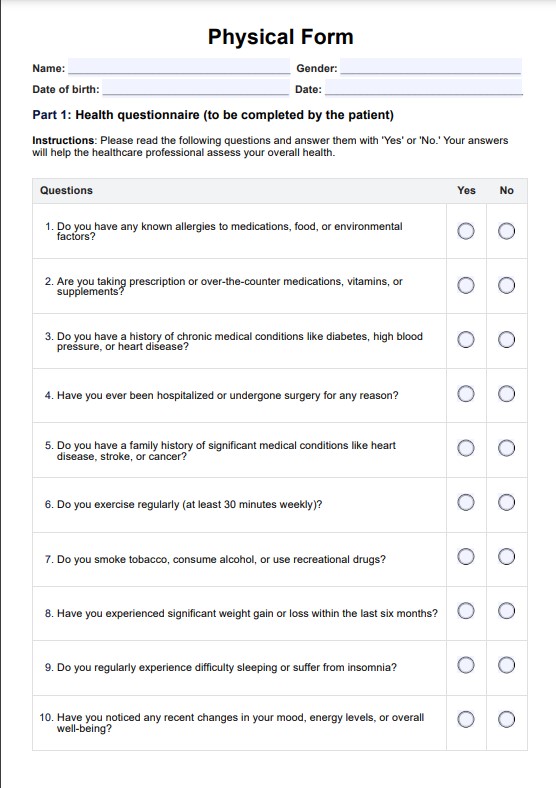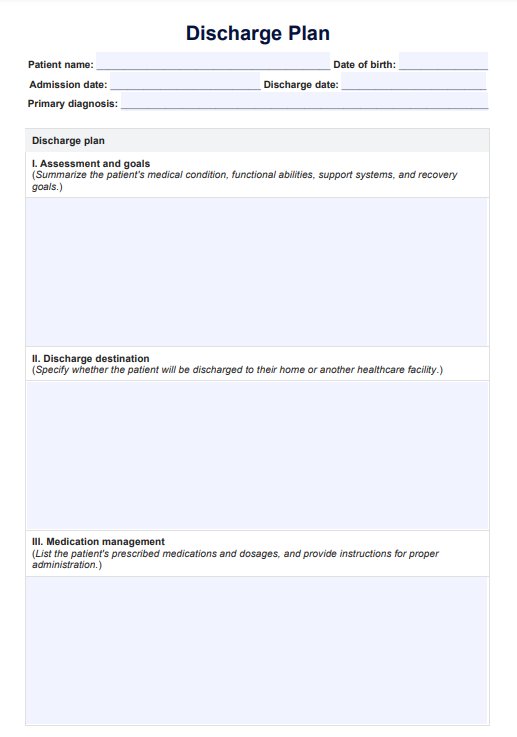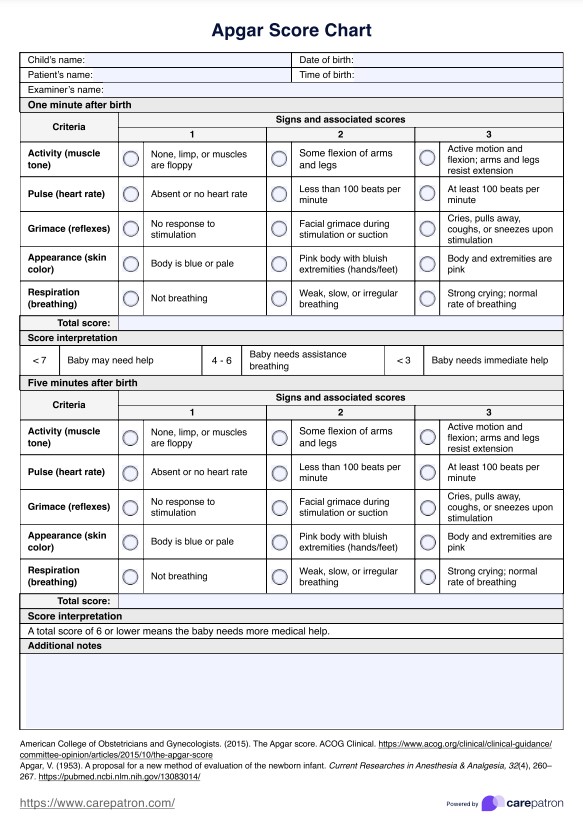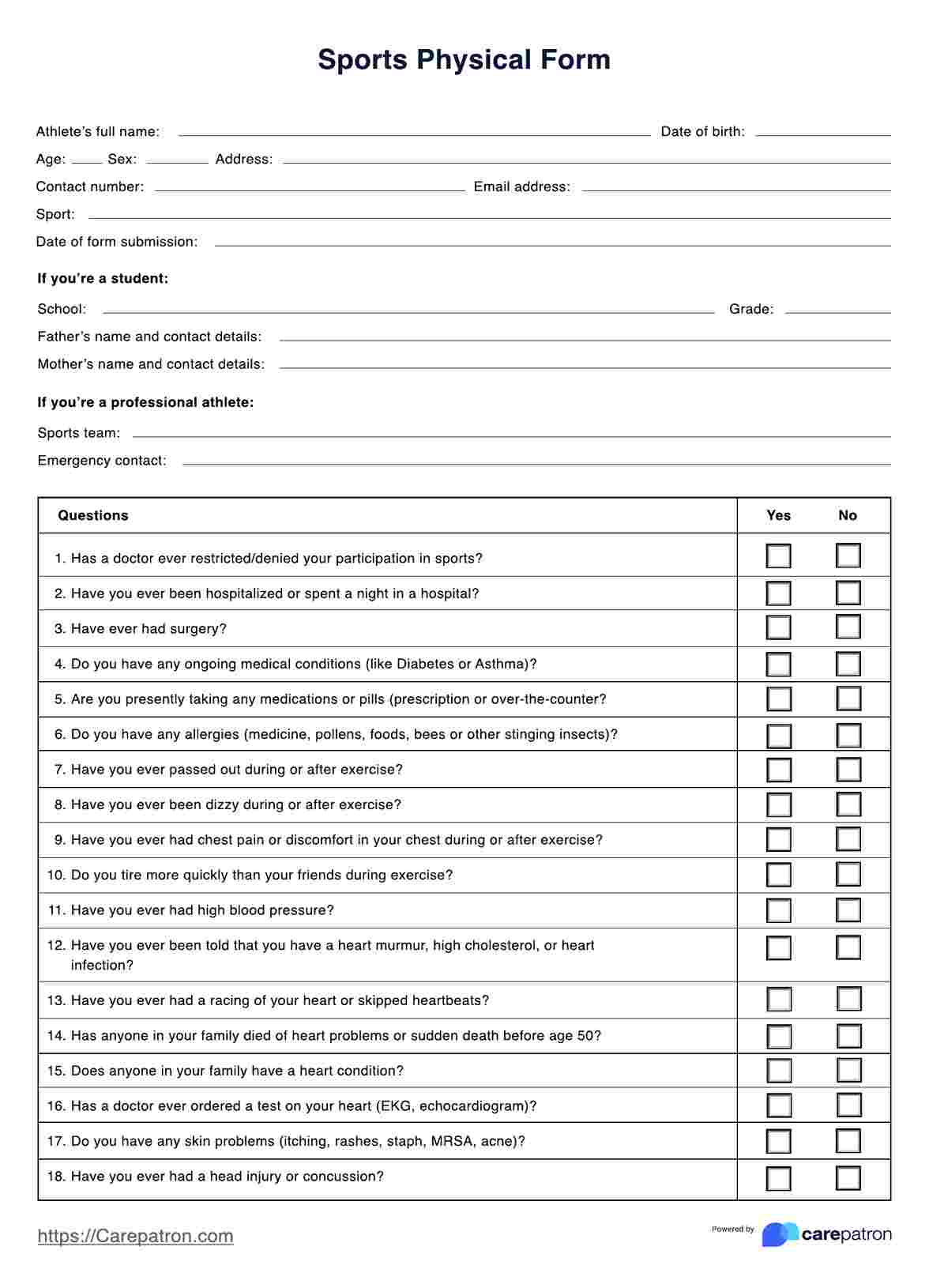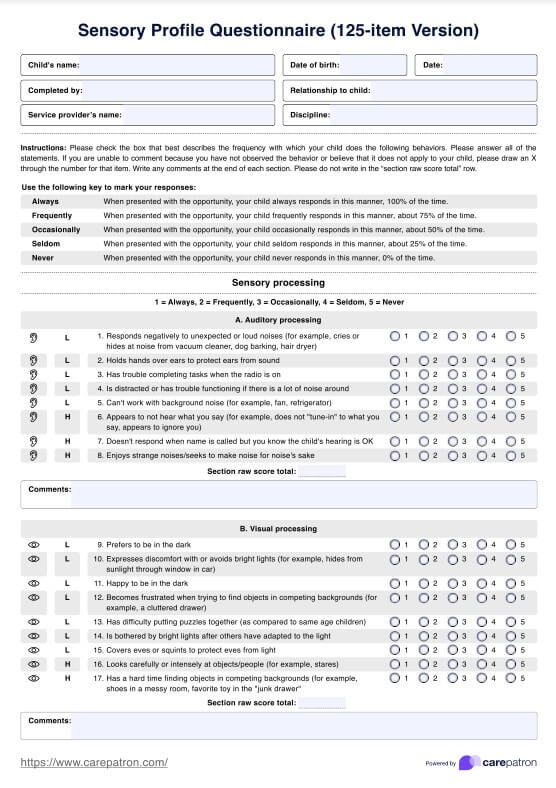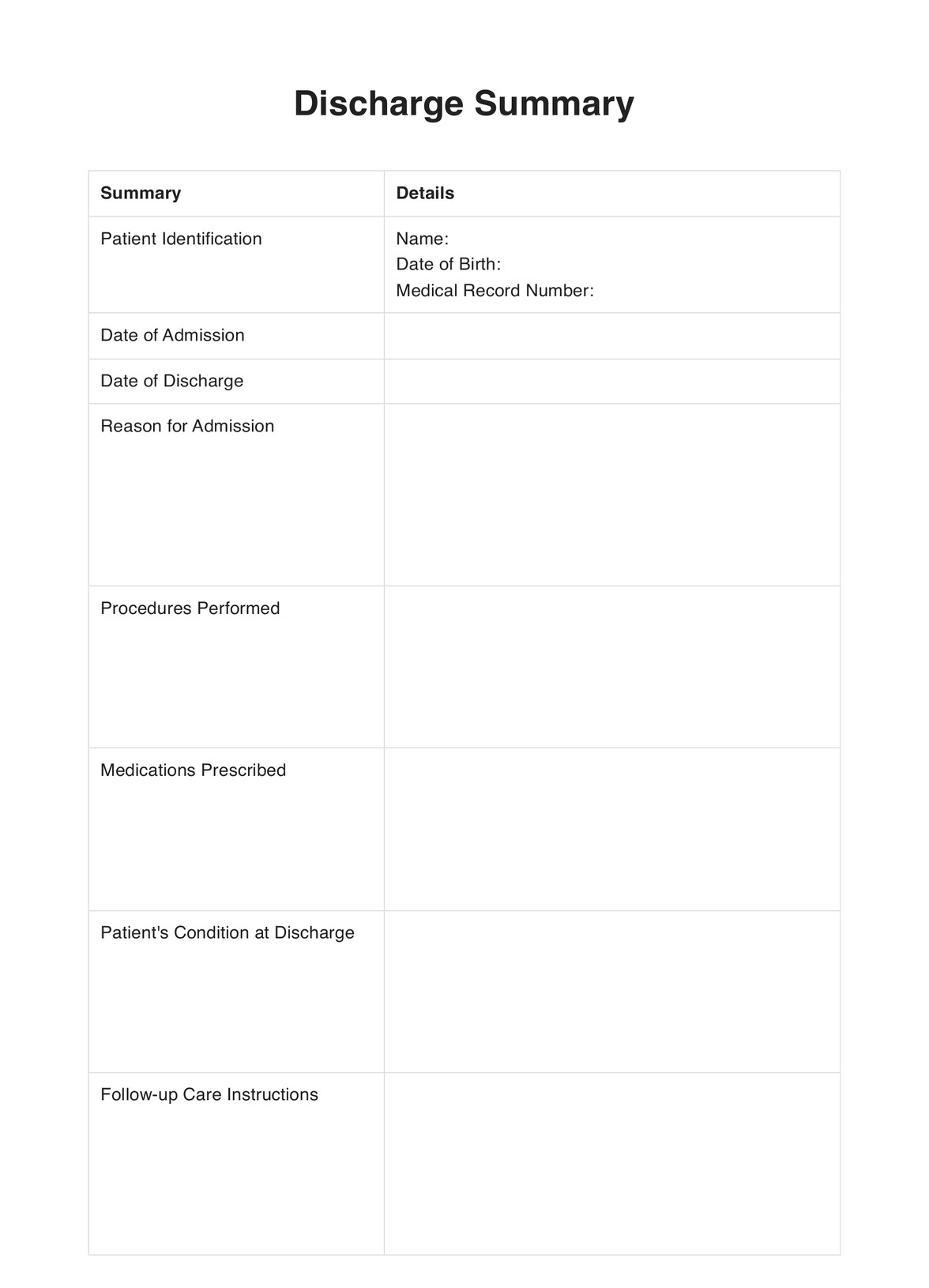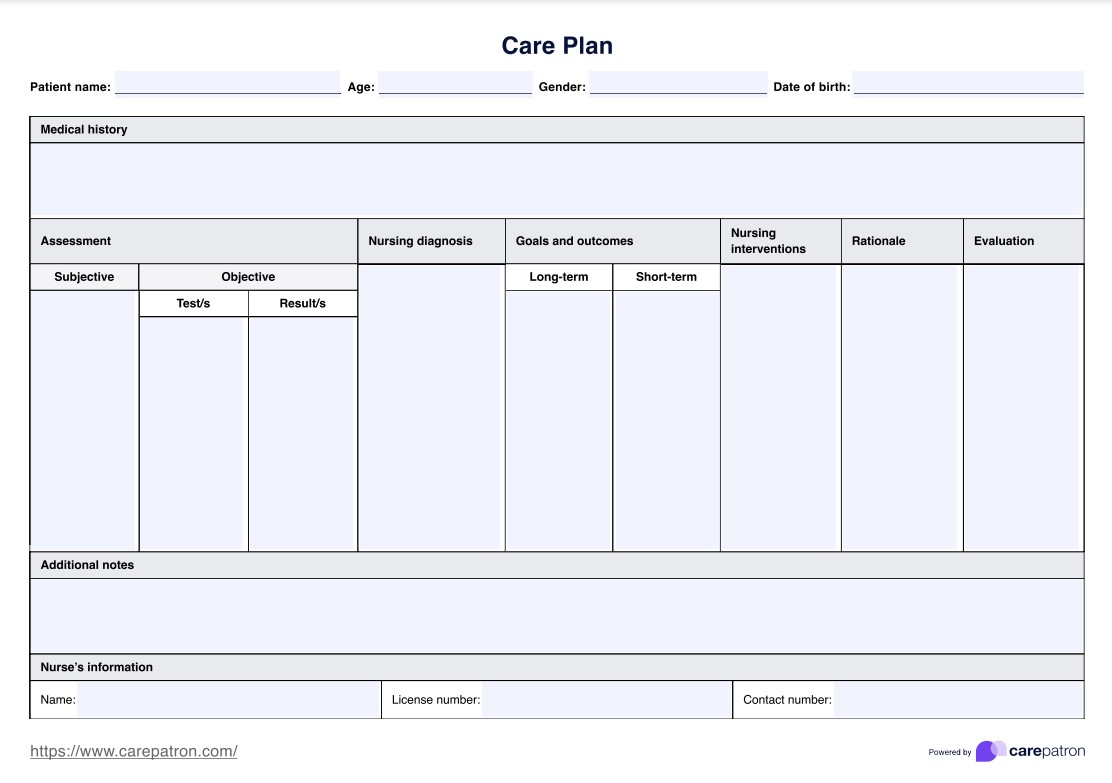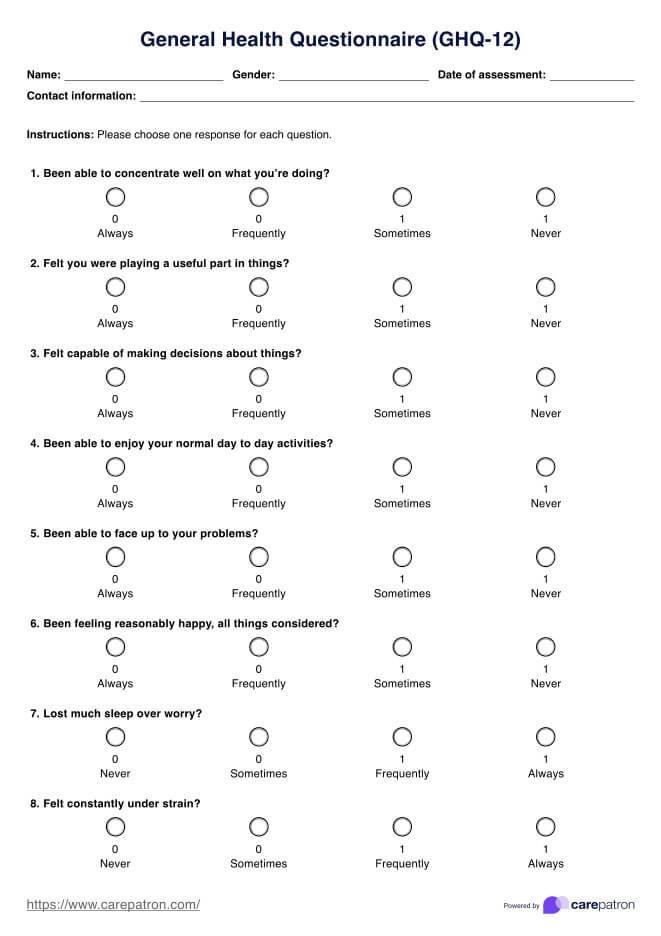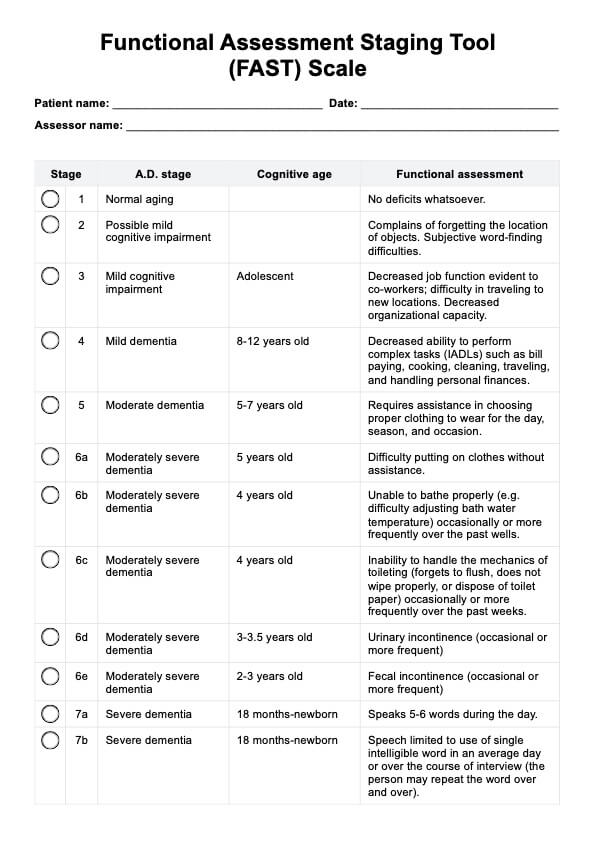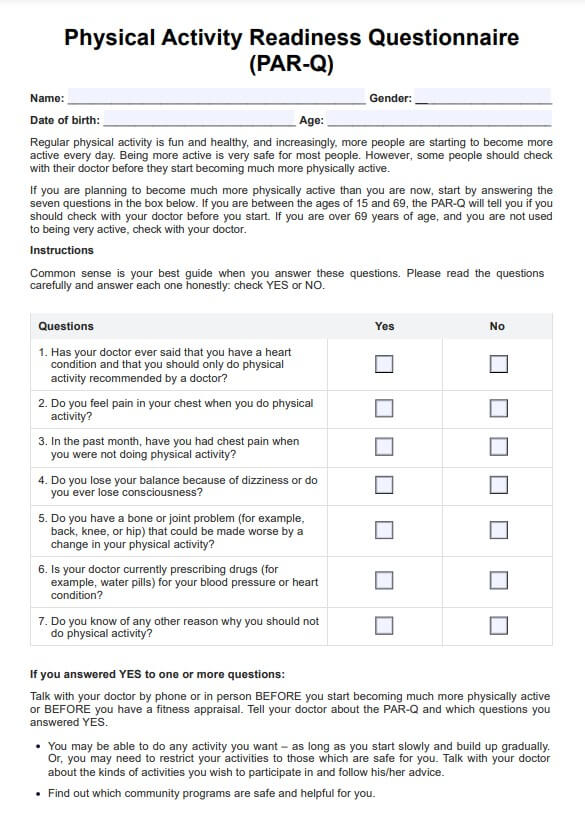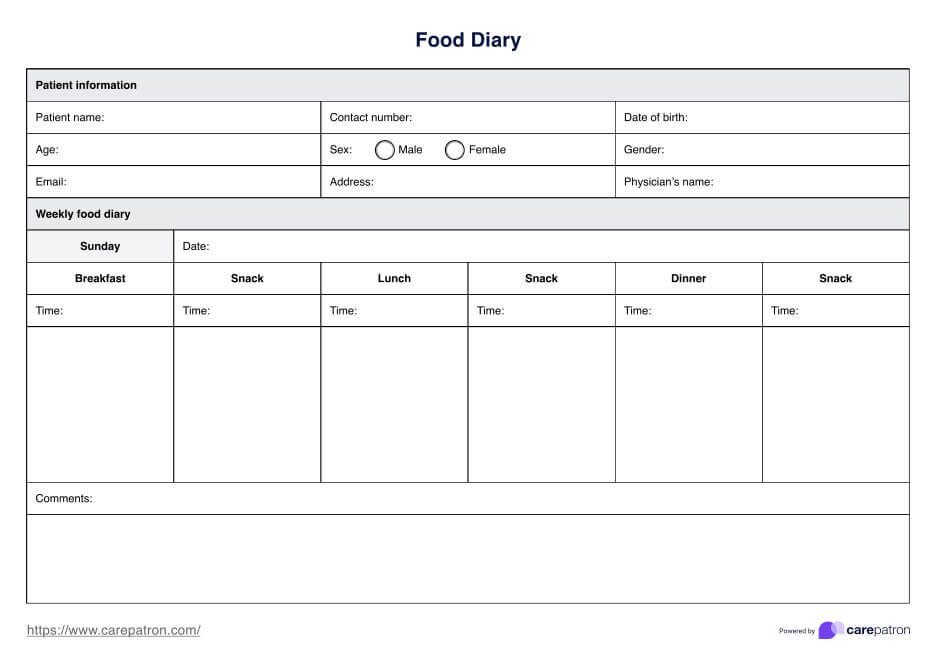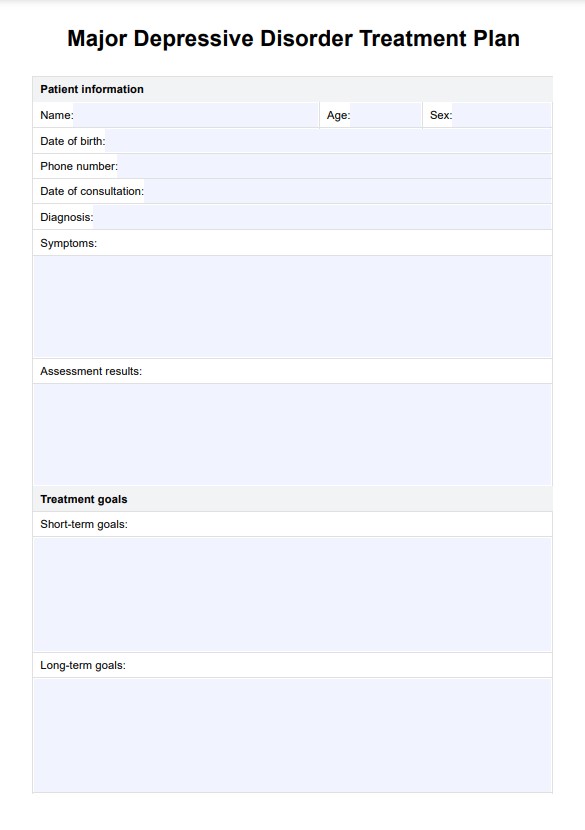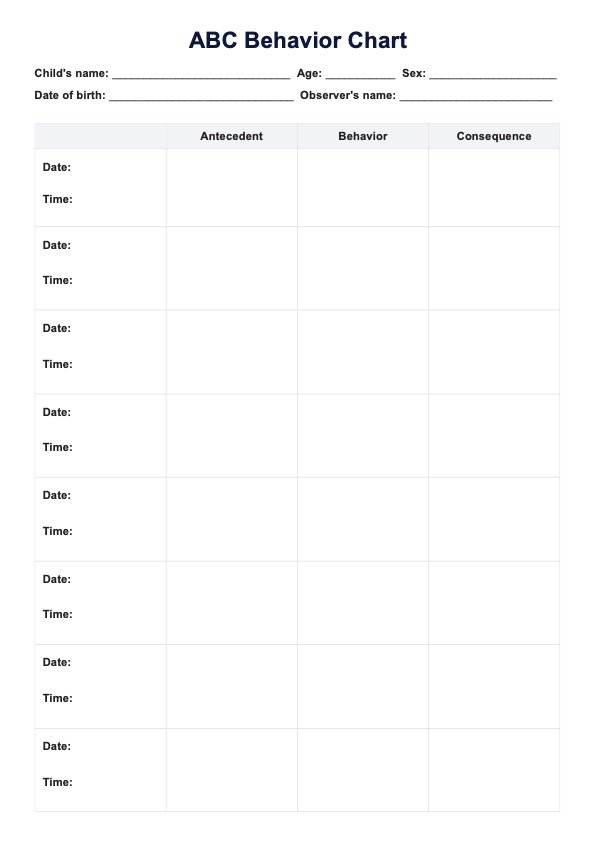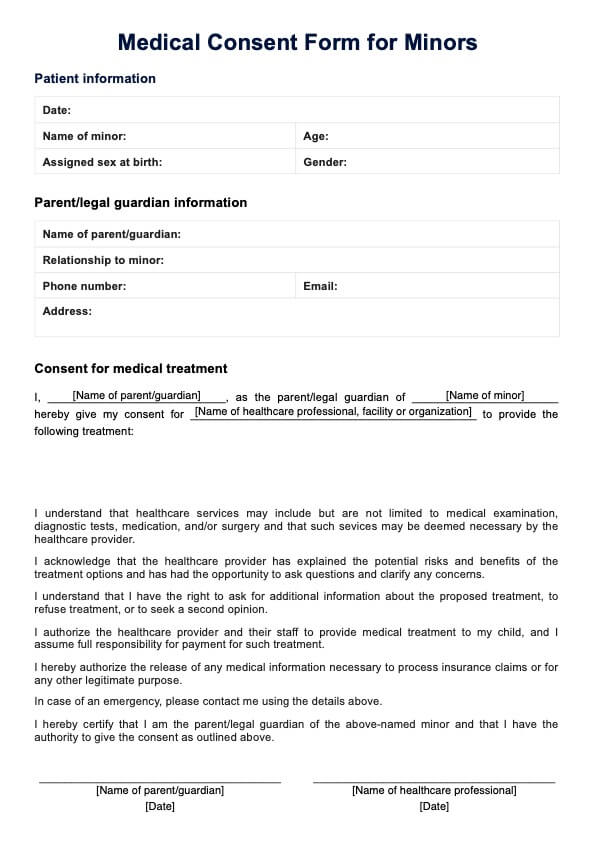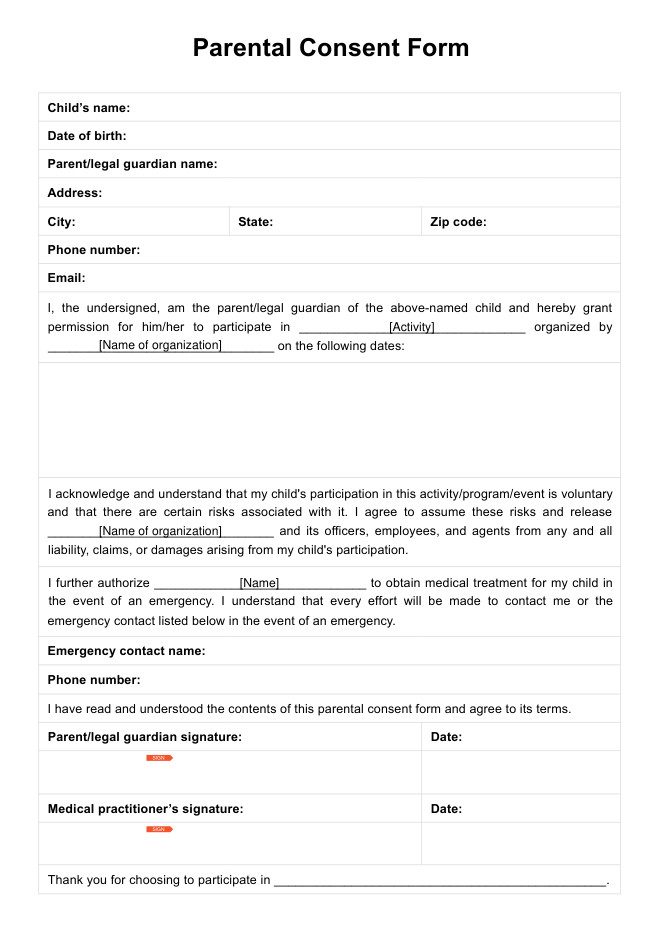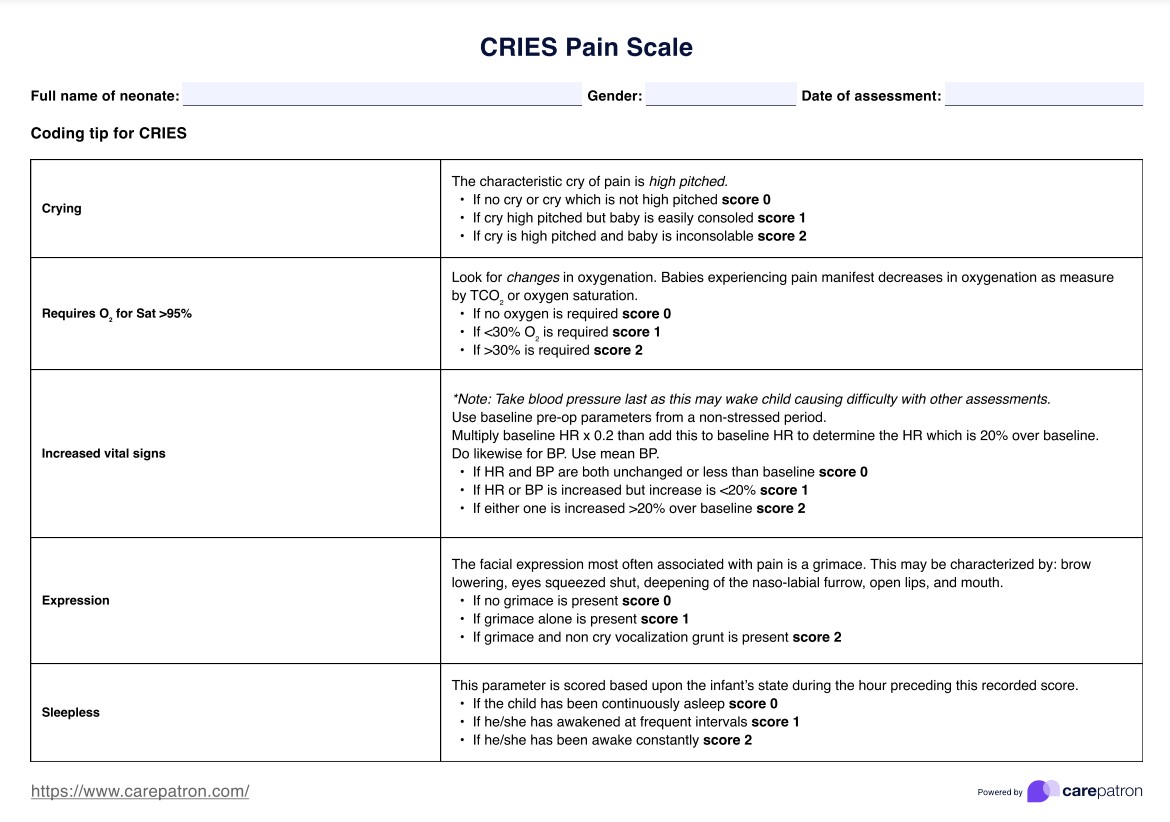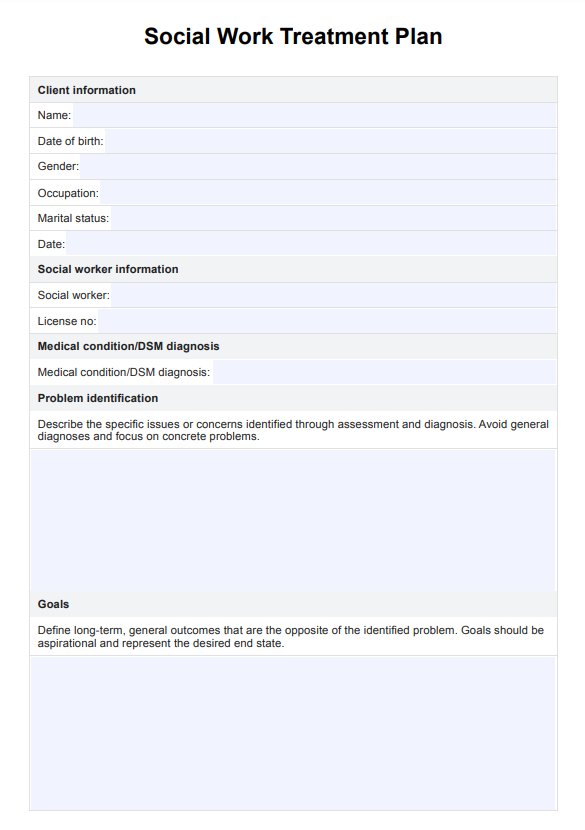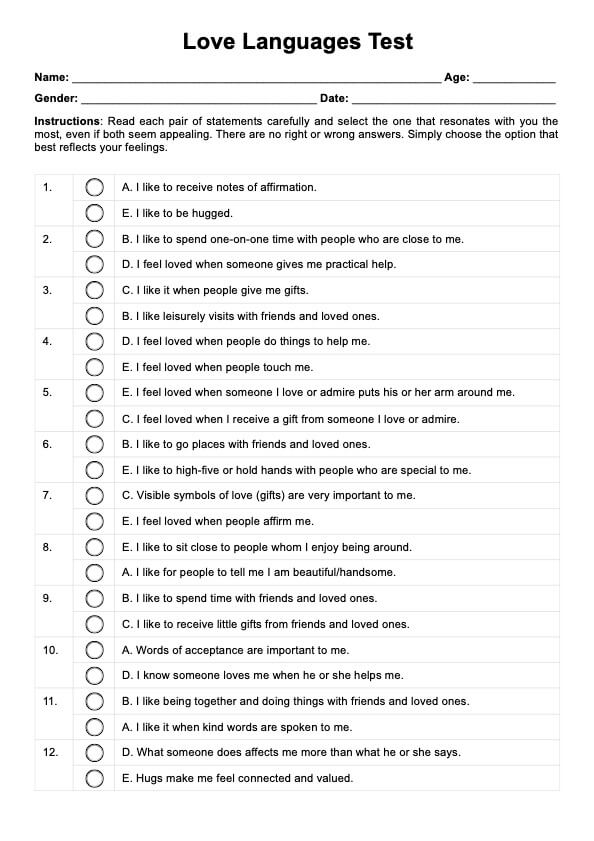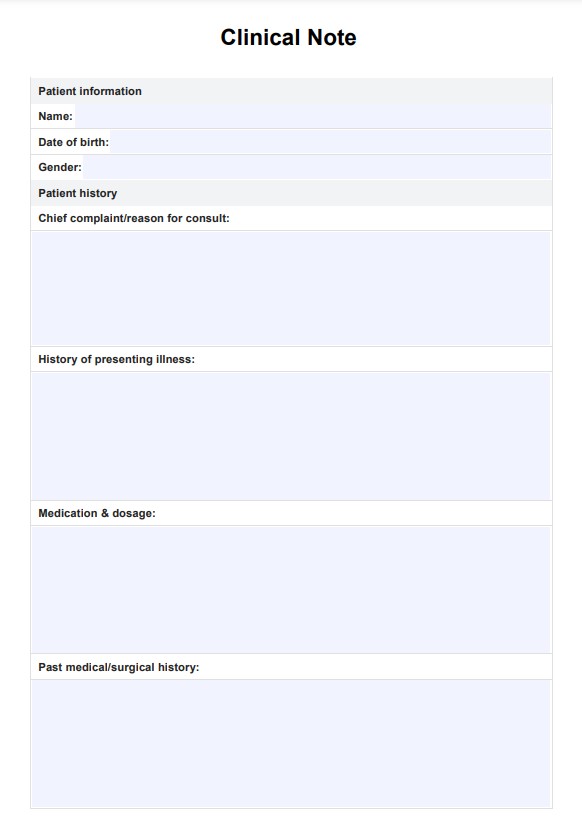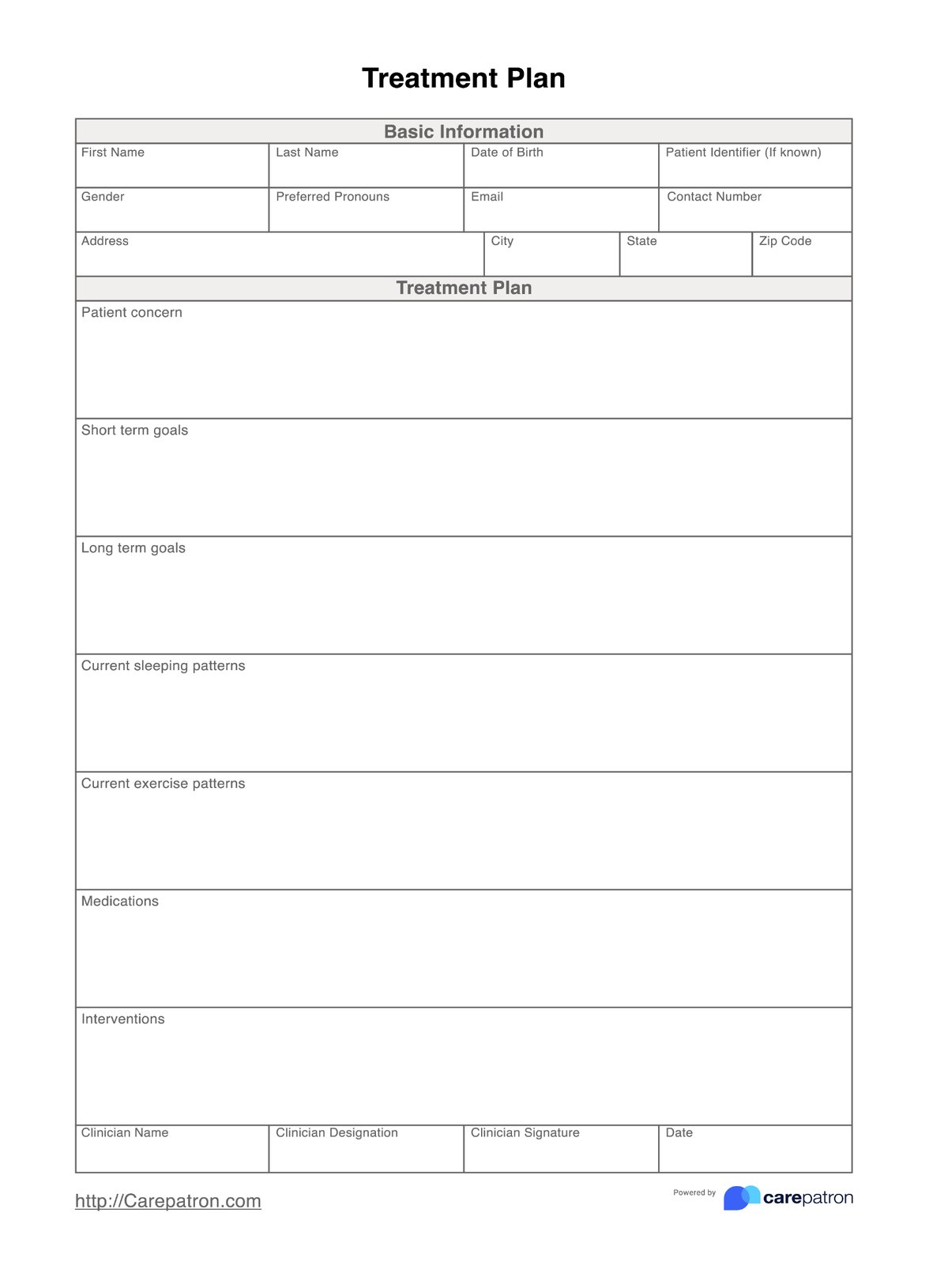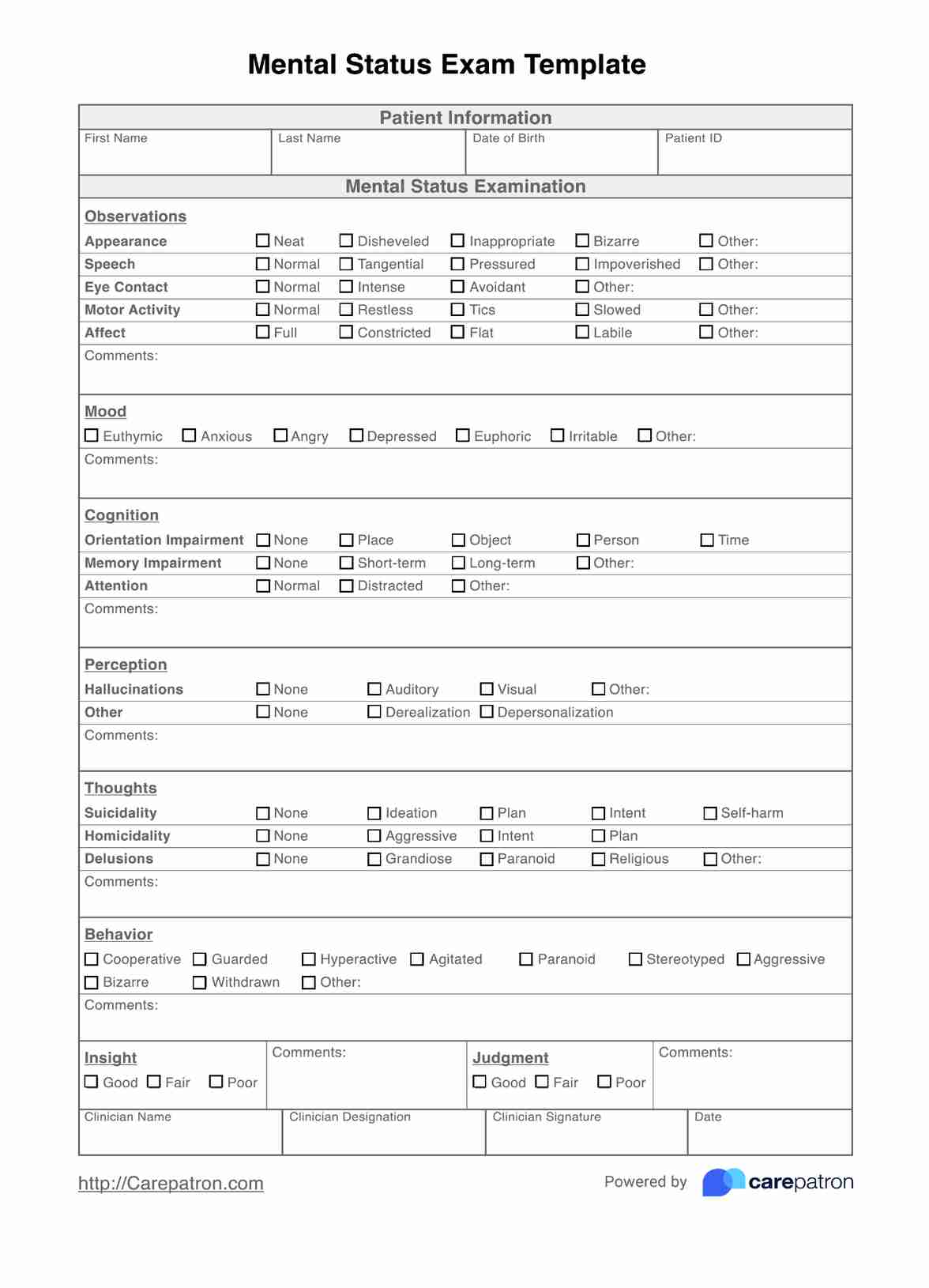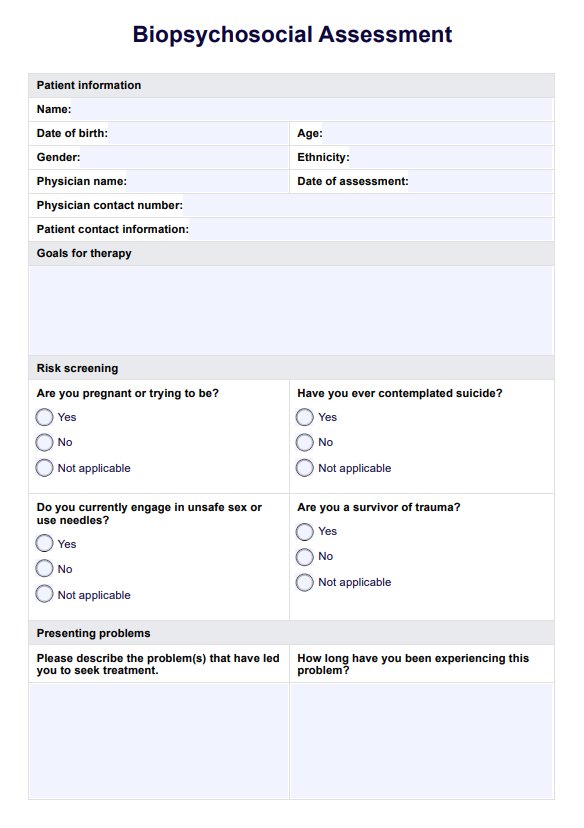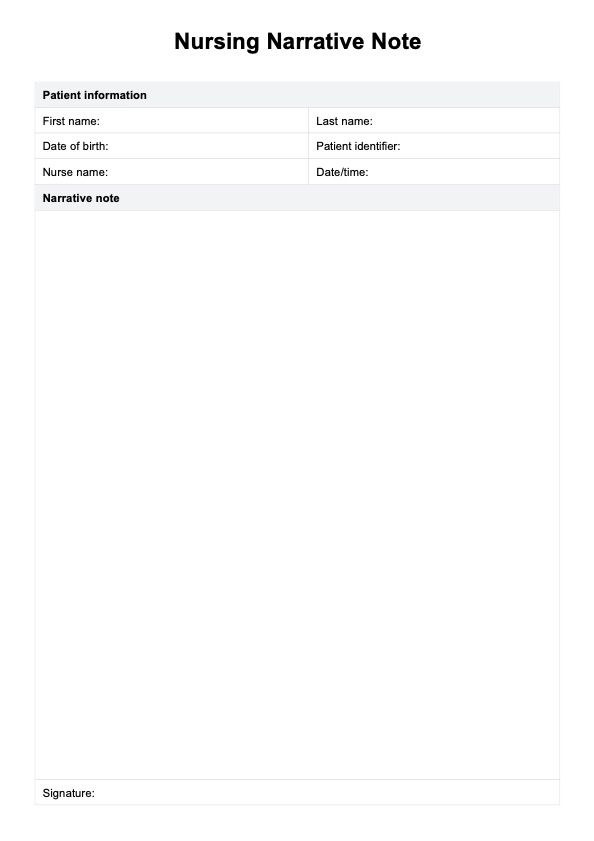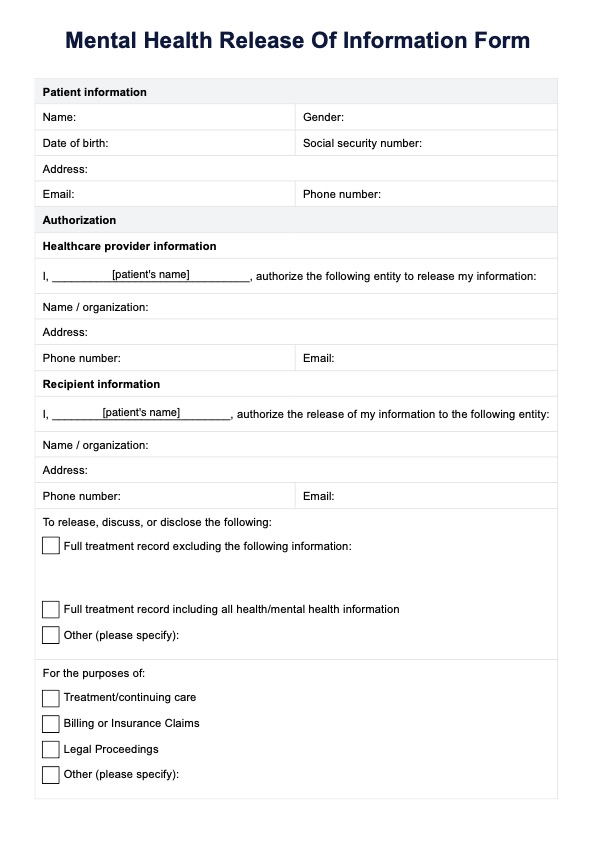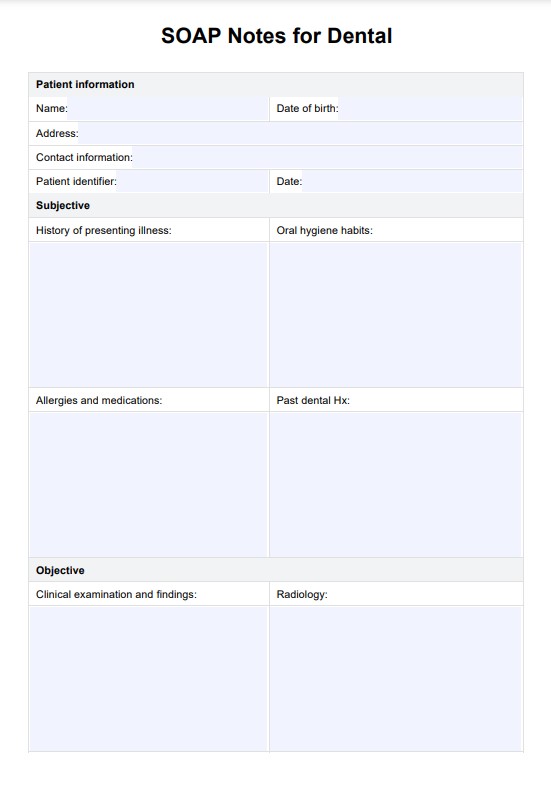Social Provisions Scale
The Social Provisions Scale (SPS) is a tool for measuring the perceived availability of social support. Download Carepatron's free SPS PDF template here.


What is the Social Provisions Scale (SPS)?
The Social Provisions Scale (SPS) is a self-report questionnaire developed by Catherine E. Cutrona and David Russell (1987) to assess the perceived availability of social support within an individual's social relationships. It evaluates six dimensions of social relationship provisions derived from Irwin Weiss’s 1974 conceptual framework: attachment, social integration, reassurance of worth, reliable alliance, guidance, and opportunity for nurturance. Each dimension reflects a specific type of support critical for maintaining a positive sense of belonging and quality of life.
The 10-item Social Provisions Scale (SPS-10)
The Social Provisions Scale was shortened into ten items to measure perceived social support across key dimensions crucial for mental health and well-being. This version is still based on the 24-item scale in assessing social provisions related to emotional support, social integration, reassurance of worth, tangible help, and guidance.
The SPS-10 was validated through rigorous psychometric testing and has demonstrated strong concurrent validity with the original SPS-24 (Caron, 2013). However, an exploratory factor analysis (EFA) did not yield the expected factor structure of this version, showing some inconsistencies depending on the population. For instance, the scale has been implemented in the Canadian Community Health Survey (CCHS) 2012 MH data and subsequent cycles, showing its reliability in large-scale surveys (Sischka et al., 2024).
The SPS-10 has shown excellent internal consistency, with Cronbach’s alpha coefficients exceeding 0.80 (E. Iapichino et al., 2016). It has been used in national surveys like the CCHS to assess social support for mental health (Public Health Agency of Canada, Ottawa, Ontario, Canada & School of Epidemiology and Public Health, University of Ottawa, Ottawa, Ontario, Canada, 2021). The scale’s ability to capture the presence and quality of social connections makes it an essential tool for healthcare professionals.
Social Provisions Scale Template
Social Provisions Scale Example
How to use our Social Provisions Scale template
Carepatron’s Social Provisions Scale (SPS) template efficiently assesses an individual’s perceived social support. This section will guide healthcare professionals on properly utilizing the template to gather relevant information and use the results to support patient care.
Step 1: Access and use the Social Provisions Scale template
To begin, click the "Use template" button in Carepatron’s app. This will open the Social Provisions Scale resource, where you can either fill out the template directly or customize it to meet your patient's specific needs before printing it for assessment.
Step 2: Introduce the scale to the patient
Introduce the Social Provisions Scale to the patient by explaining its purpose: to assess the perceived availability of social support. Emphasize the importance of honest responses and assure them that the information gathered will help guide their care plan and support their mental health needs.
Step 3: Conduct the assessment
Guide the patient through the ten statements on the Social Provisions Scale. Ask them to evaluate each statement based on their current relationships with family, friends, coworkers, and community members. Ensure they understand each statement and feel comfortable answering truthfully and thoughtfully.
Step 4: Gather and interpret the results
Once the assessment is completed, gather the patient’s responses and calculate the scores. Review the results by examining the subscales to determine which social provisions are most available to the patient. Focus on areas where scores suggest potential support deficits requiring attention or intervention.
Step 5: Provide patient education and next steps
After interpreting the results, discuss the findings with the patient. Provide education about how social support influences mental health and well-being. Depending on the results, suggest steps to strengthen their social network or refer them to additional resources to improve their overall support system.
Scoring and interpretation
The SPS-10 is scored by summing the responses to all ten items, each rated on a four-point Likert scale: 1 = strongly disagree, 2 = disagree, 3 = agree, and 4 = strongly agree. The total score ranges from 10 to 40, with higher scores indicating higher perceived social support.
It’s important to note that the SPS-10 summary score is not computed if any responses are missing. In national surveillance efforts, participants who score 30 or above are classified as having "high" social support.
Scores between 10 and 19 indicate low perceived social support, while scores between 20 and 29 suggest moderate levels of social support. These scores provide valuable insights into an individual’s social connectedness and can help healthcare professionals assess the quality of social support in relation to mental health and well-being.
Benefits of using the Social Provisions Scale
The Social Provisions Scale (SPS-10) offers several key benefits for both clinical and research purposes. It has been validated through rigorous methods, including confirmatory factor analysis, ensuring its reliability and applicability in measuring social support. The scale is widely used in large-scale surveys, such as the Social Provisions Scale CCHS, providing essential insights into the role of social support in health outcomes. The SPS-10's concise format makes it ideal for behavioral research, offering a quick yet reliable assessment tool without overwhelming participants.
Additionally, while the tool has been used in exploratory factor analysis in various studies, it has shown strong internal consistency and concurrent validity with longer versions, making it a valuable resource for monitoring and understanding social support in clinical practice and national health surveys.
References
Caron, J. (2013). A validation of the Social Provisions Scale: the SPS-10 items. Santé Mentale Au Québec, 38(1), 297. https://doi.org/10.7202/1019198ar
E. Iapichino, Rucci, P., I.E. Corbani, Apter, G., & Bassi, M. (2016). Development and validation of an abridged version of the social provisions scale (SPS-10) in Italian. 22(2), 157–163. https://www.researchgate.net/publication/309067040_Development_and_validation_of_an_abridged_version_of_the_Social_Provisions_Scale_SPS-10_in_Italian
Public Health Agency of Canada, Ottawa, Ontario, Canada, & School of Epidemiology and Public Health, University of Ottawa, Ottawa, Ontario, Canada. (2021, August 23). Original quantitative research - Validation of a brief version of the Social Provisions Scale using Canadian national survey data. https://www.canada.ca/en/public-health/services/reports-publications/health-promotion-chronic-disease-prevention-canada-research-policy-practice/vol-39-no-12-2019/original-quantitative-research-social-provisions-scale.html
Sischka, P. E., Albert, I., & Kornadt, A. E. (2024). Validation of the 10-item social provision scale (SPS-10): Evaluating factor structure, reliability, measurement invariance, and nomological network across 38 countries. Assessment. https://doi.org/10.1177/10731911241283609
שאלות נפוצות
The Social Provisions Scale (SPS-10) is a tool designed to measure perceived social support across five key dimensions: emotional support, social integration, reassurance of worth, tangible help, and guidance. It provides valuable insights into the social support individuals perceive in their lives, making it useful in clinical and research settings.
Social provisions refer to the various support individuals receive from their social network, such as emotional support, companionship, and guidance. These provisions are crucial to mental health and overall well-being because they offer security and belonging.
The SPS-10 is scored by summing the responses to all ten items, each rated on a 4-point Likert scale (1 = strongly disagree to 4 = strongly agree). Higher total scores, ranging from 10 to 40, indicate higher perceived social support, with 30 and above typically considered "high" social support.



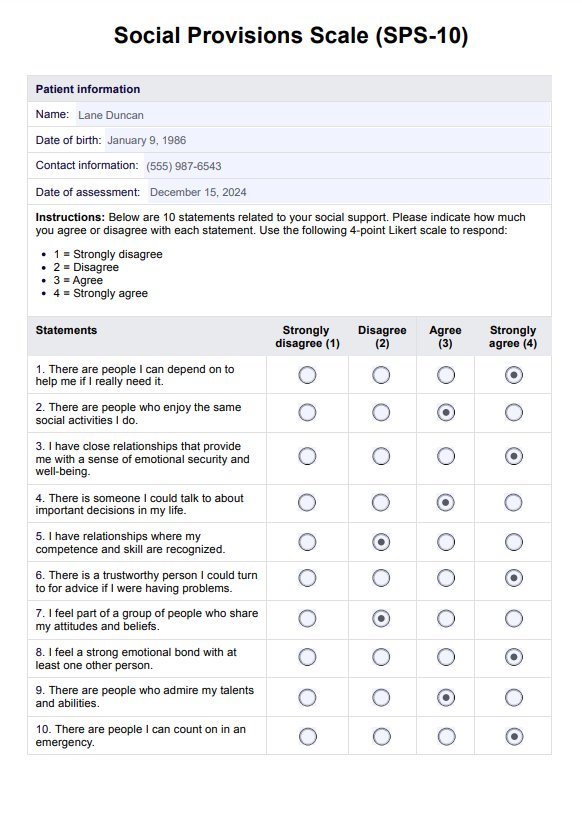

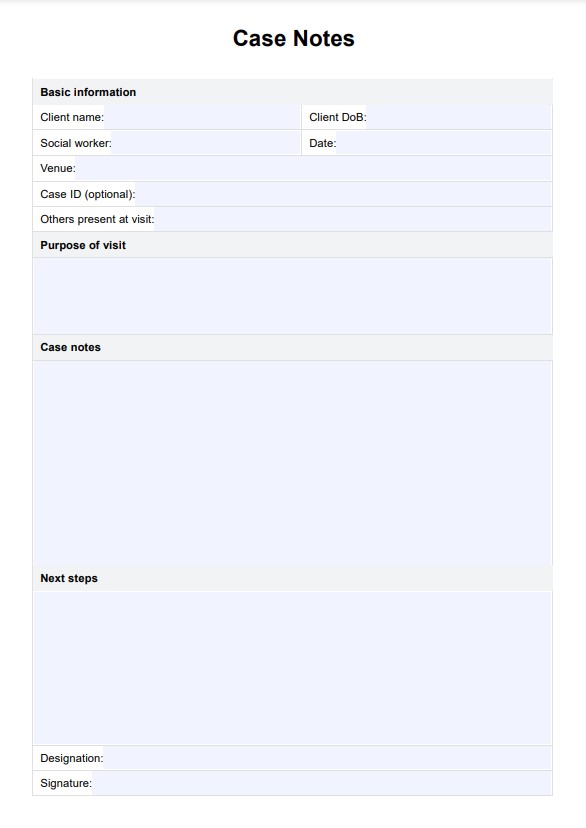
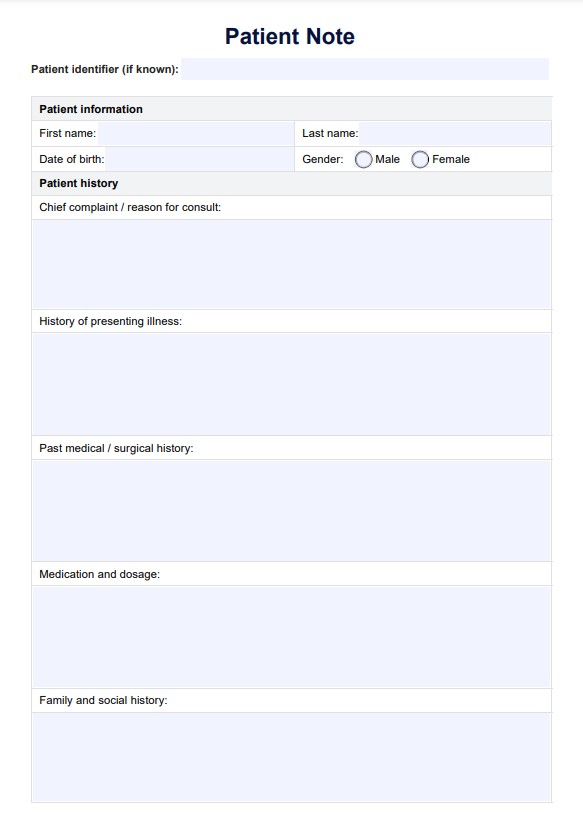
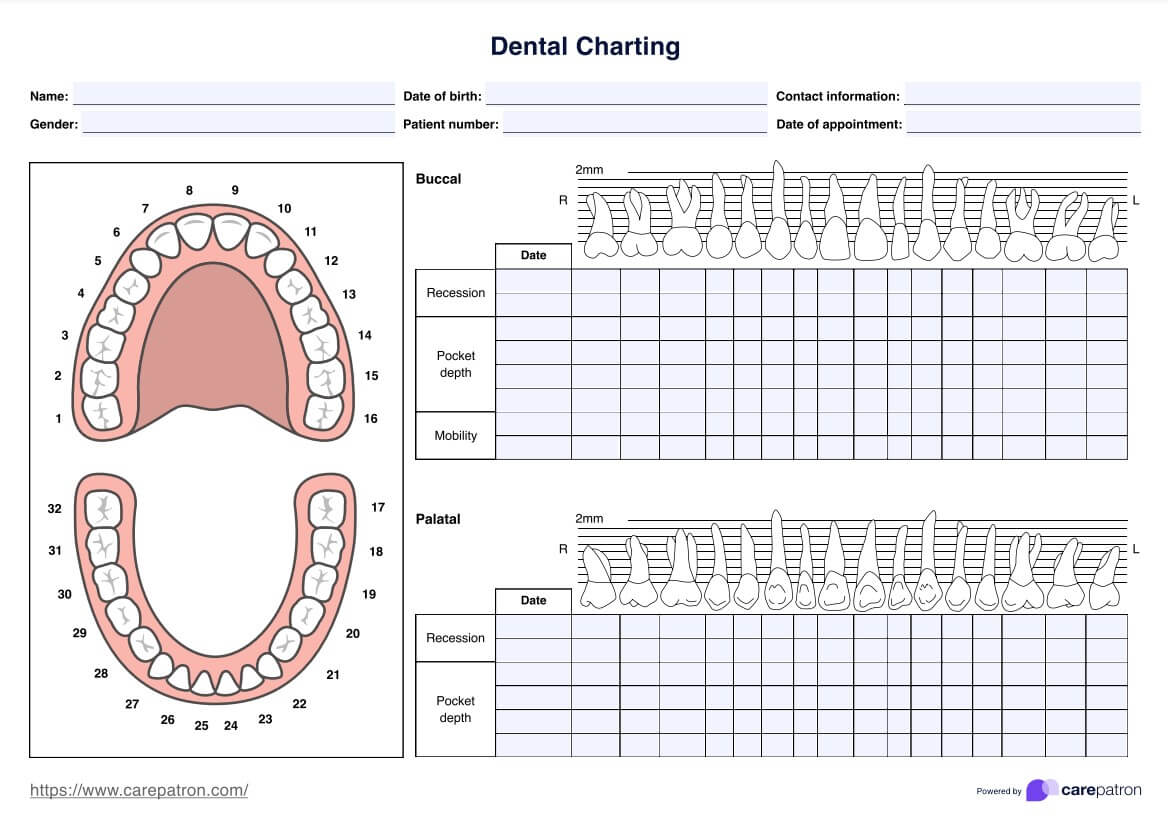








-template.jpg)




















